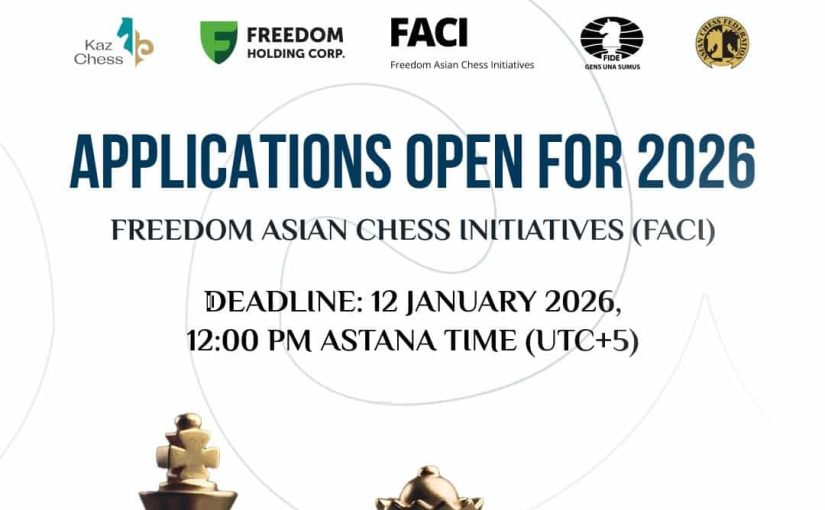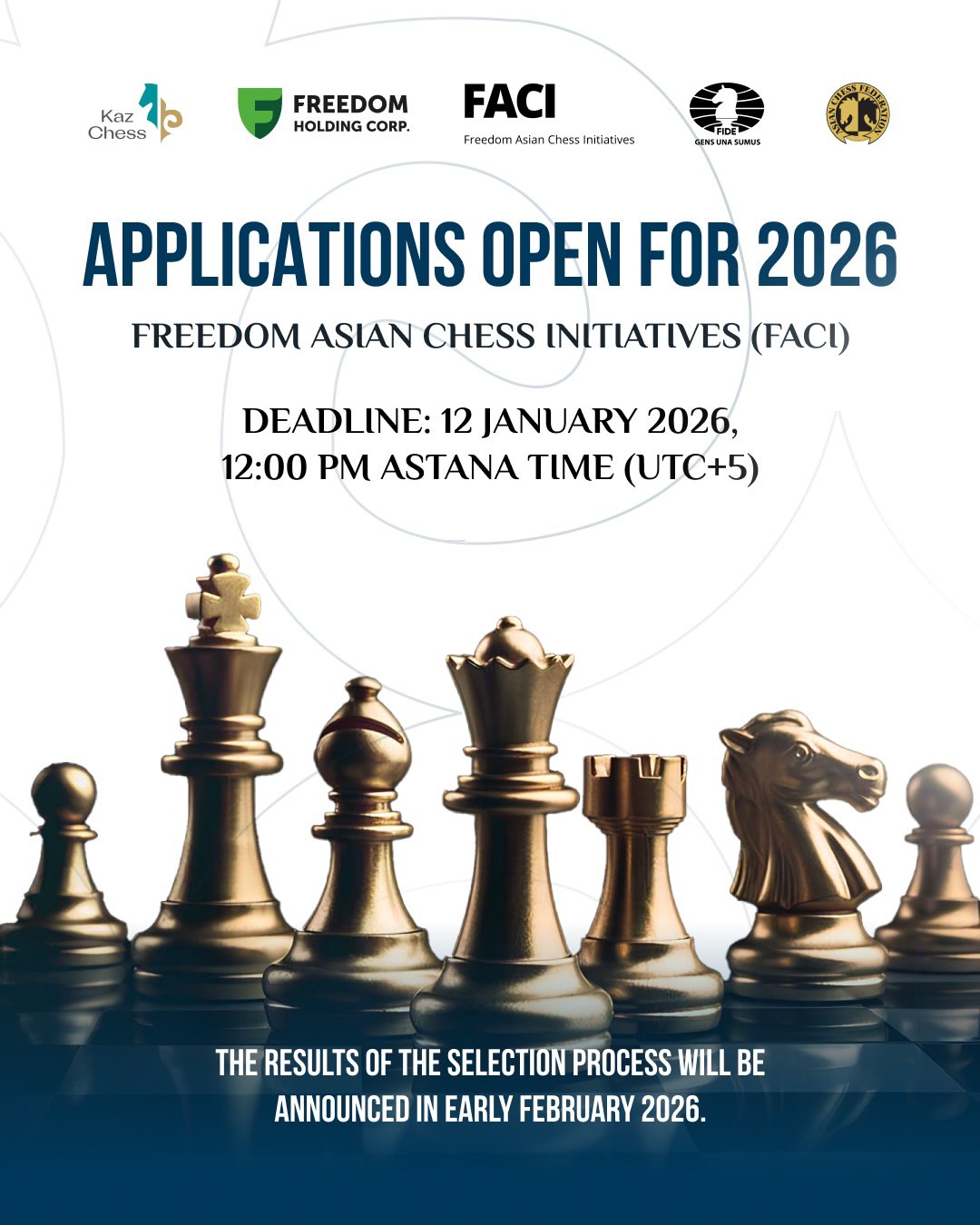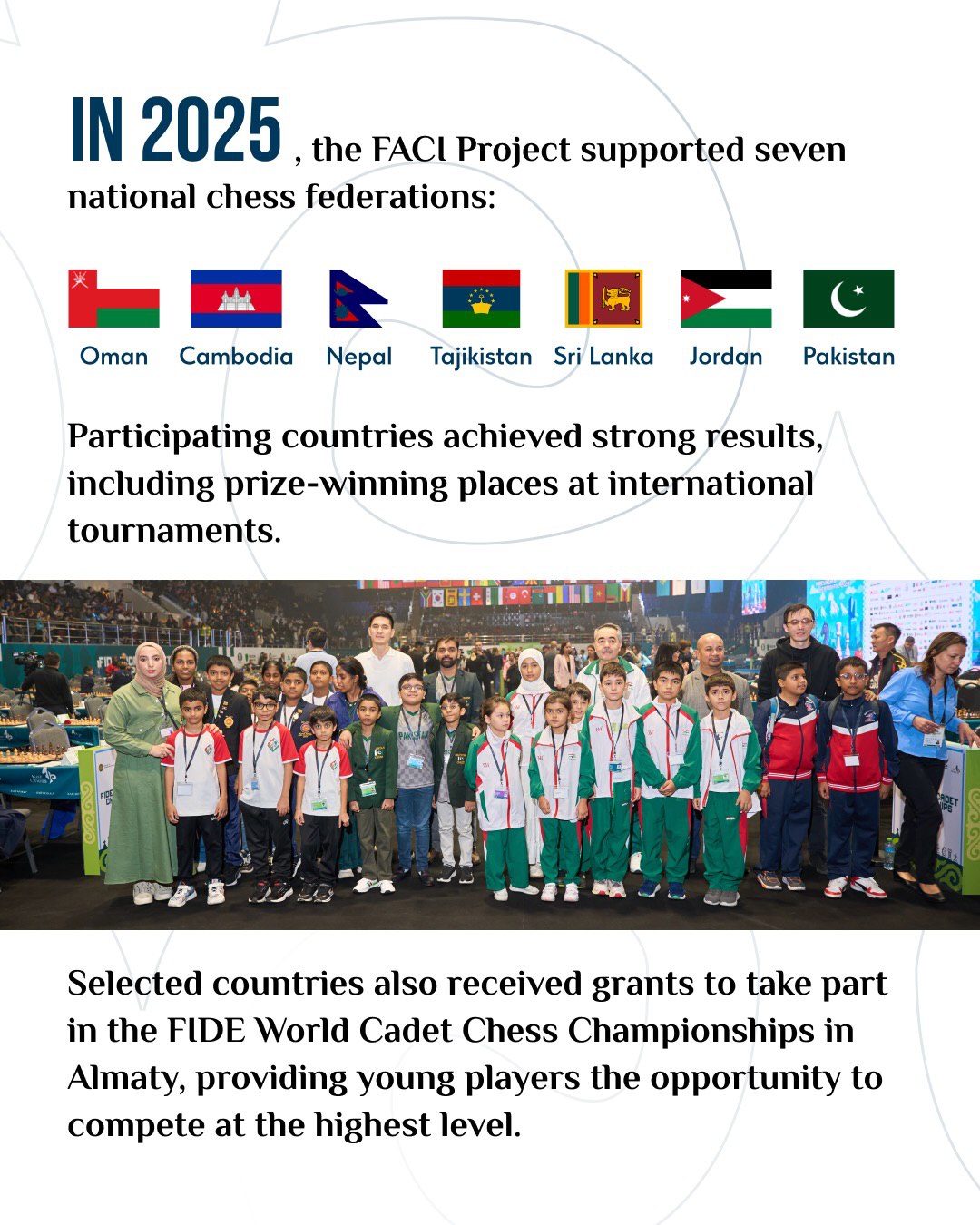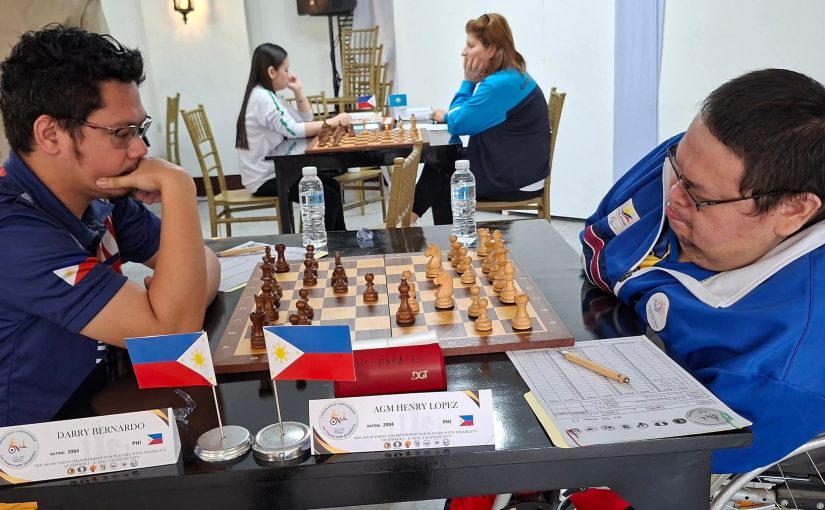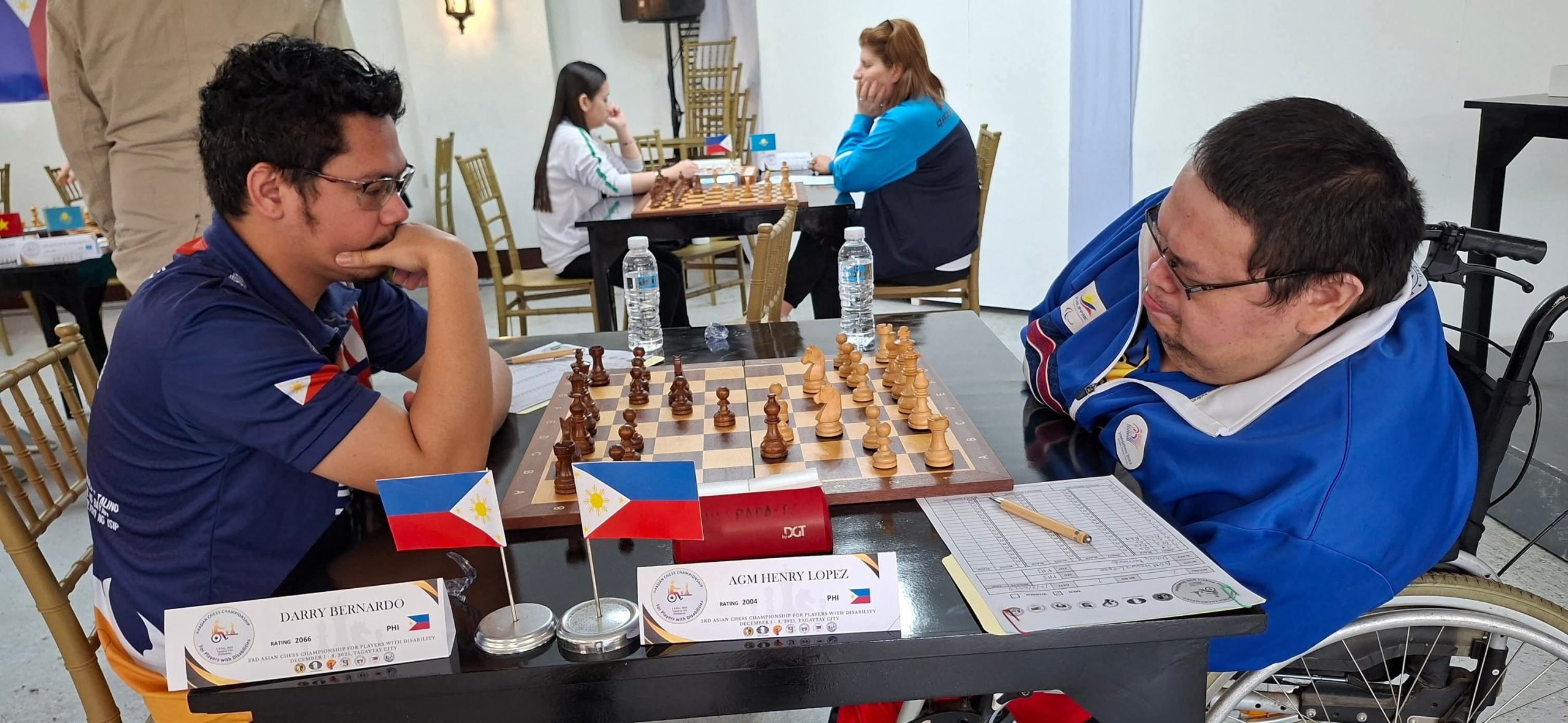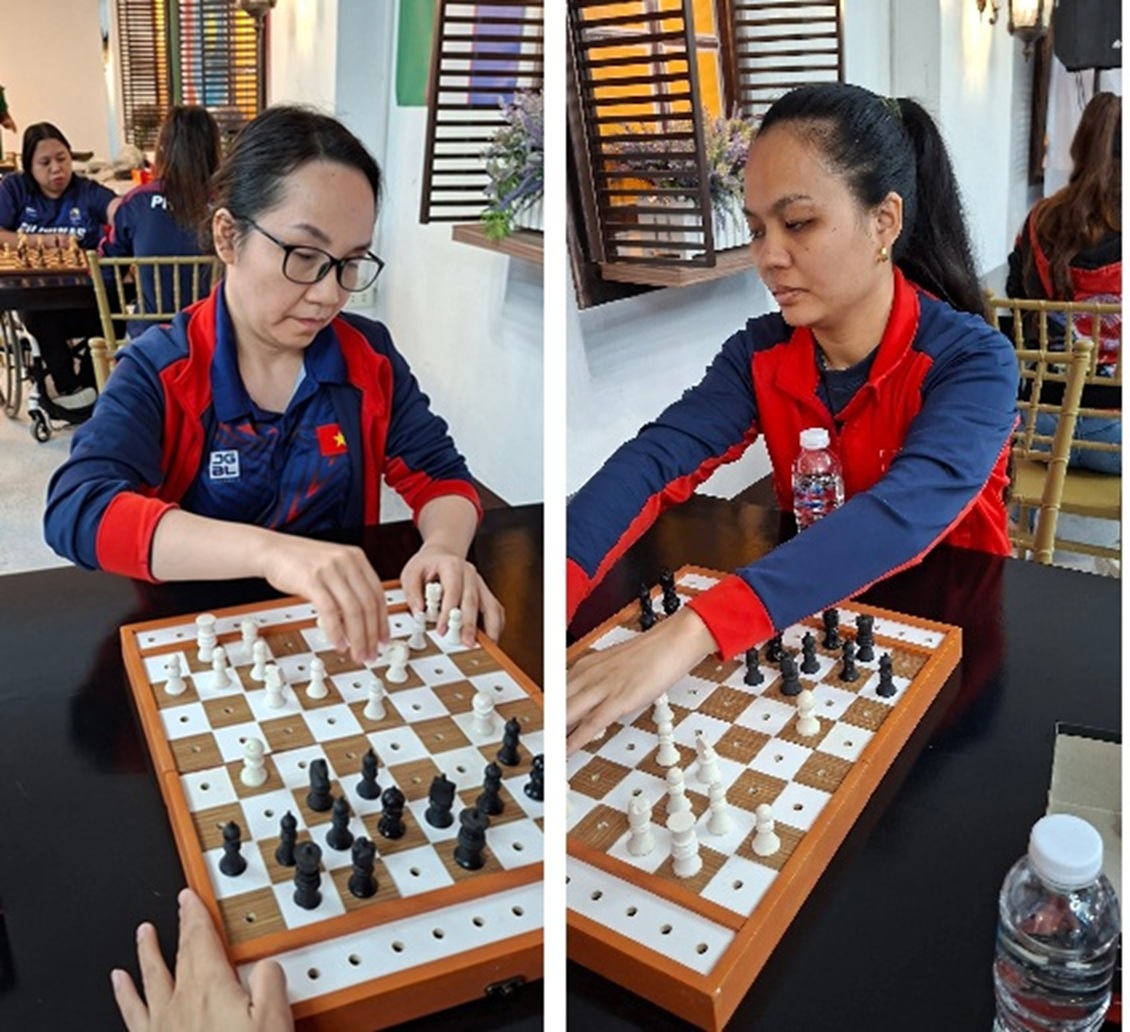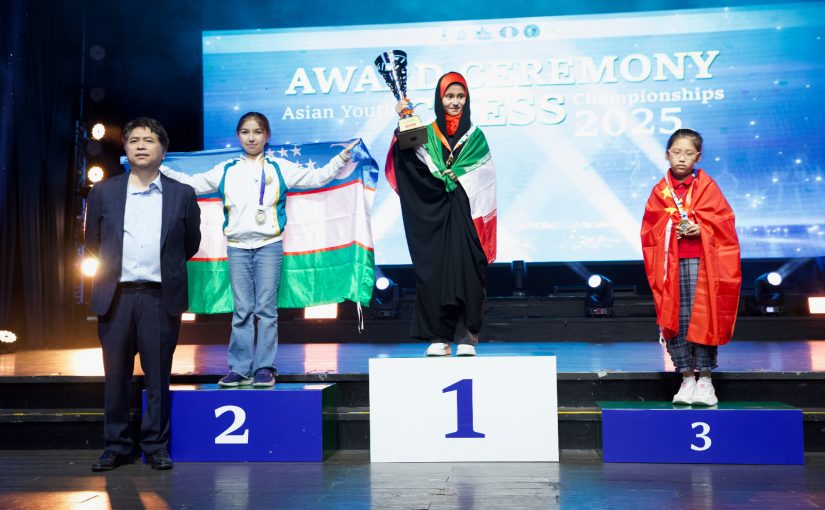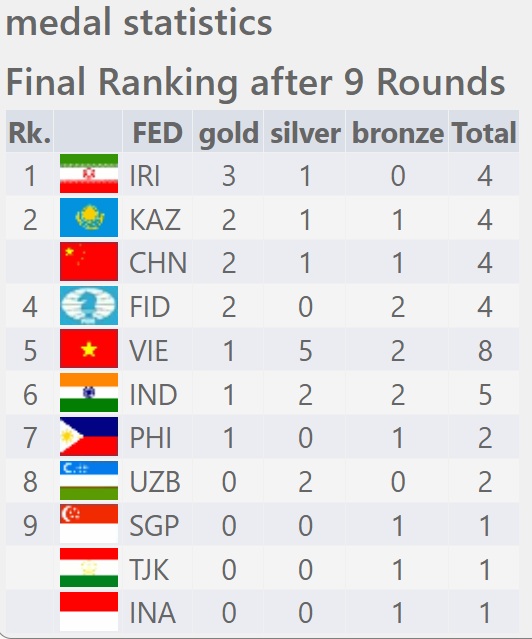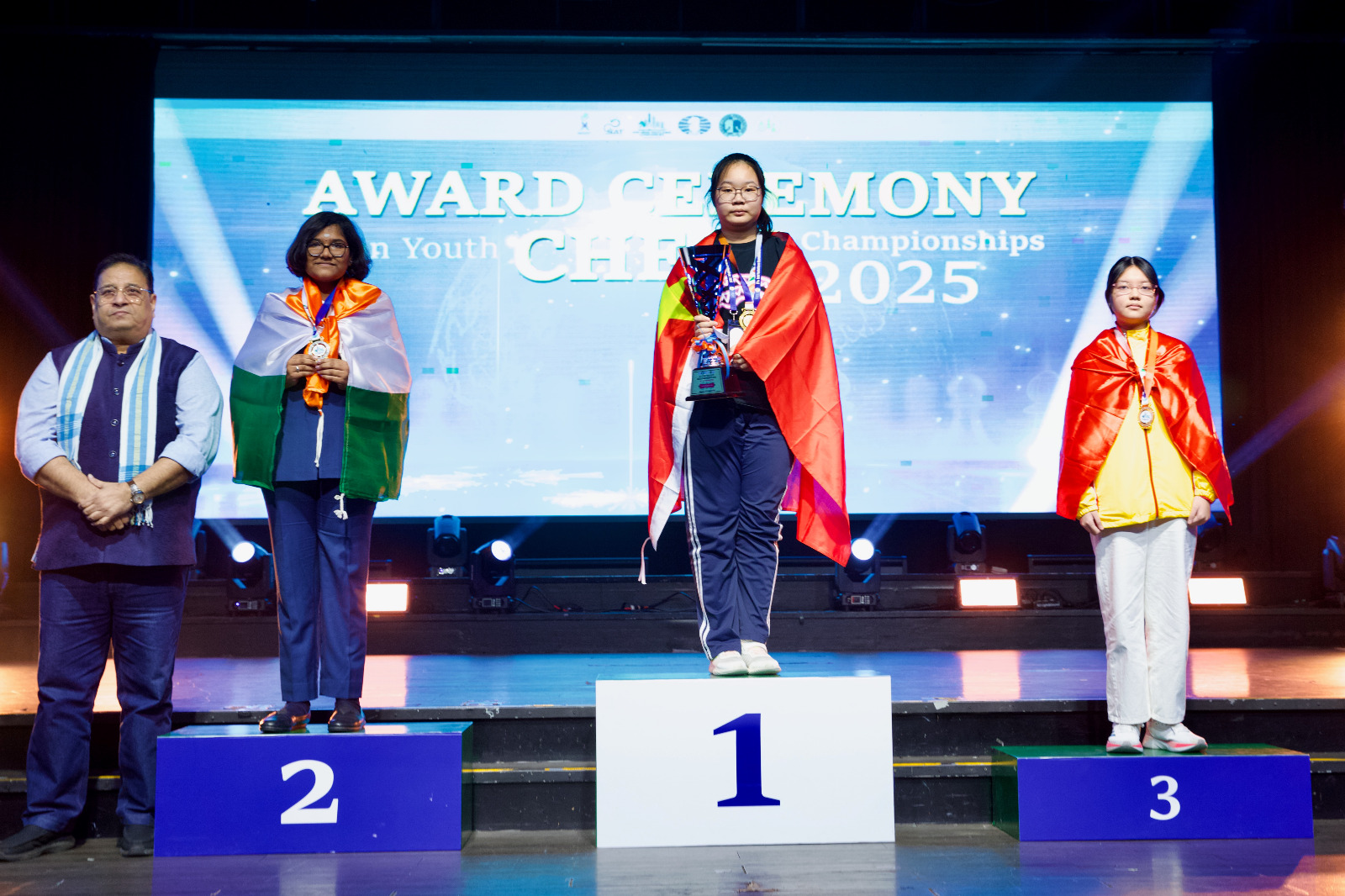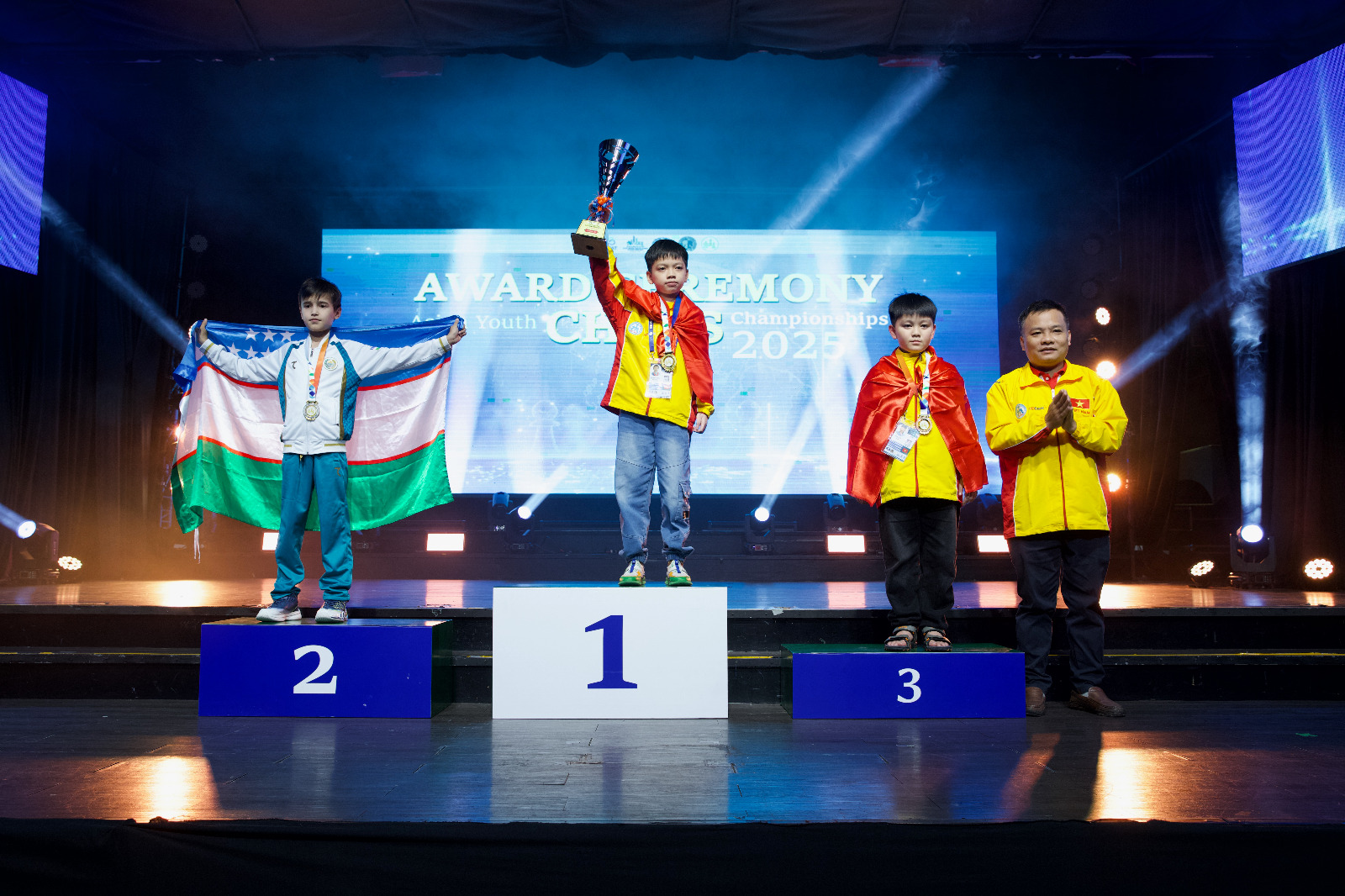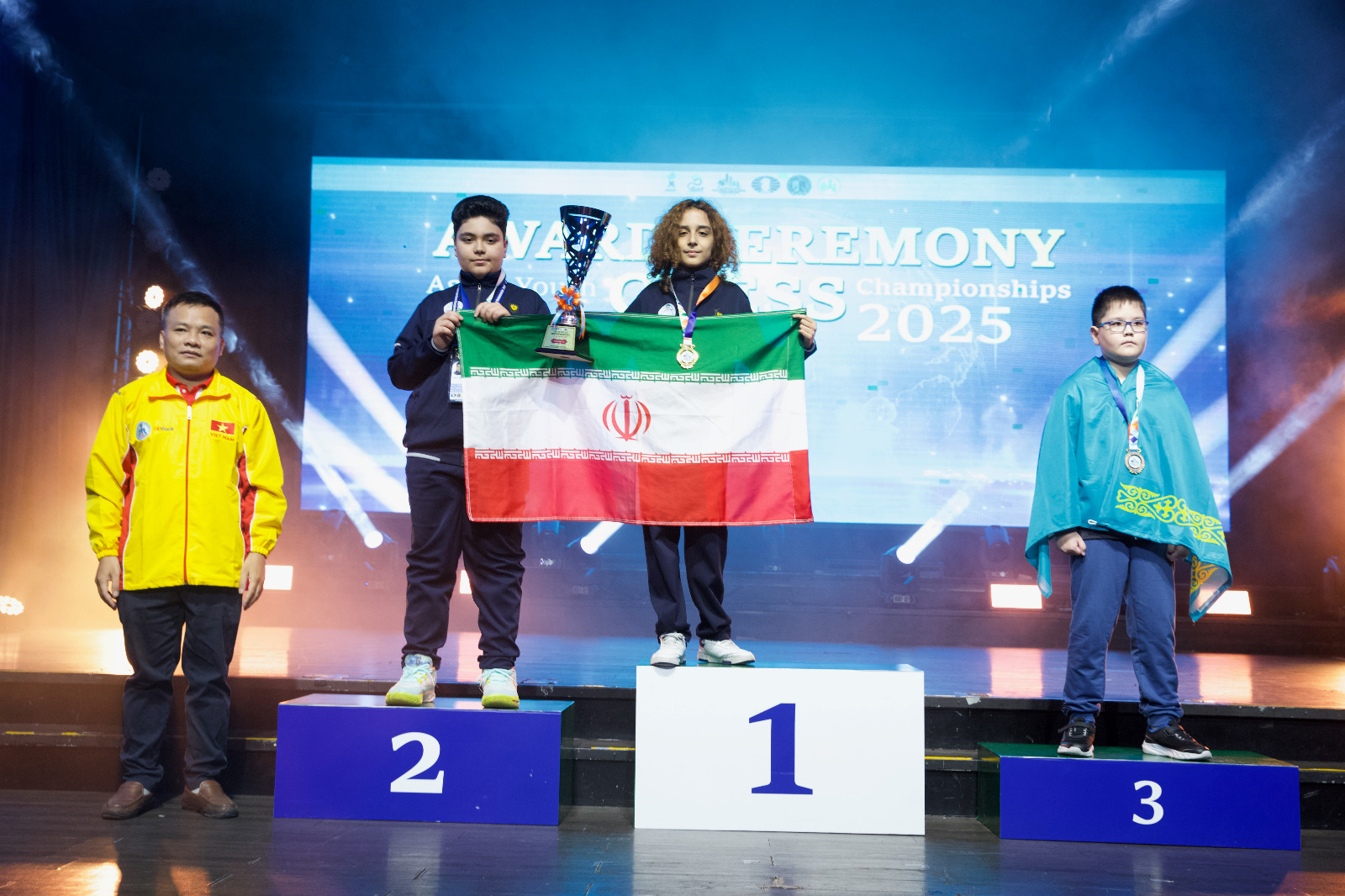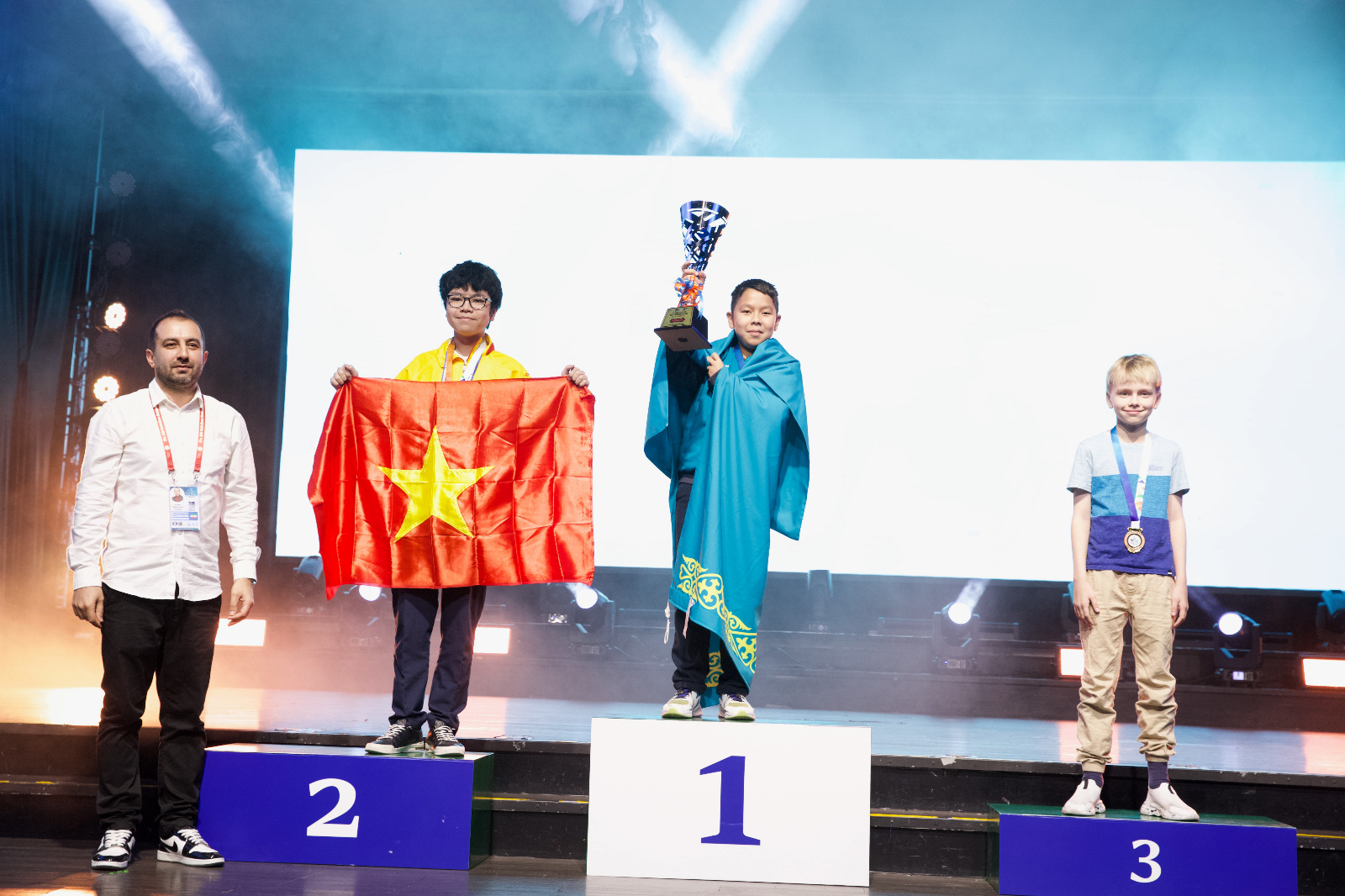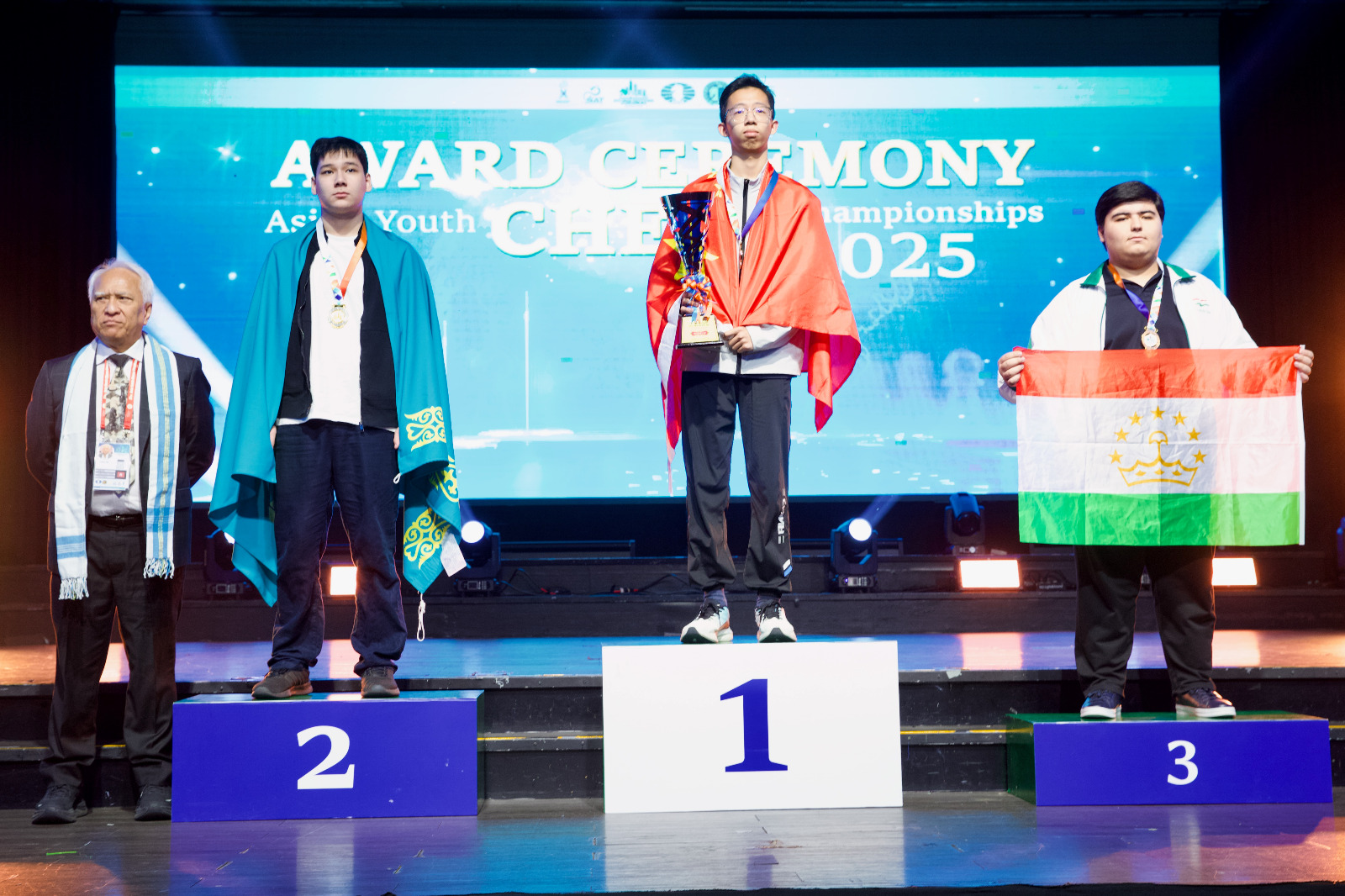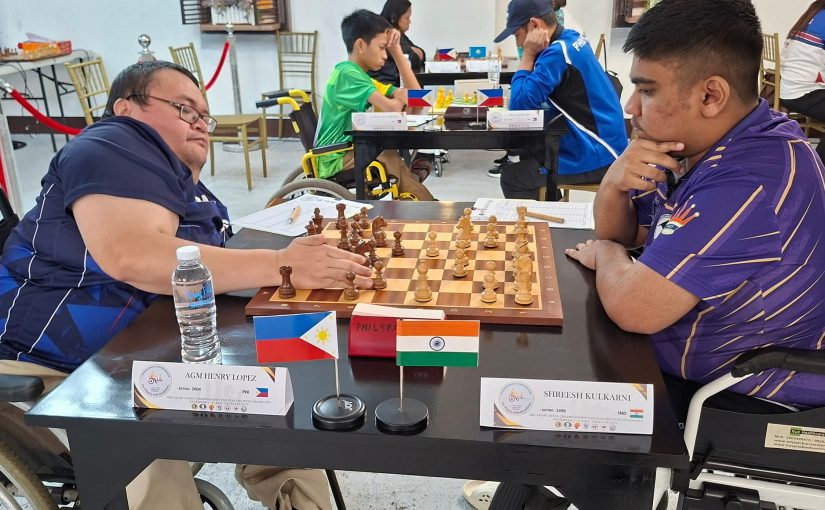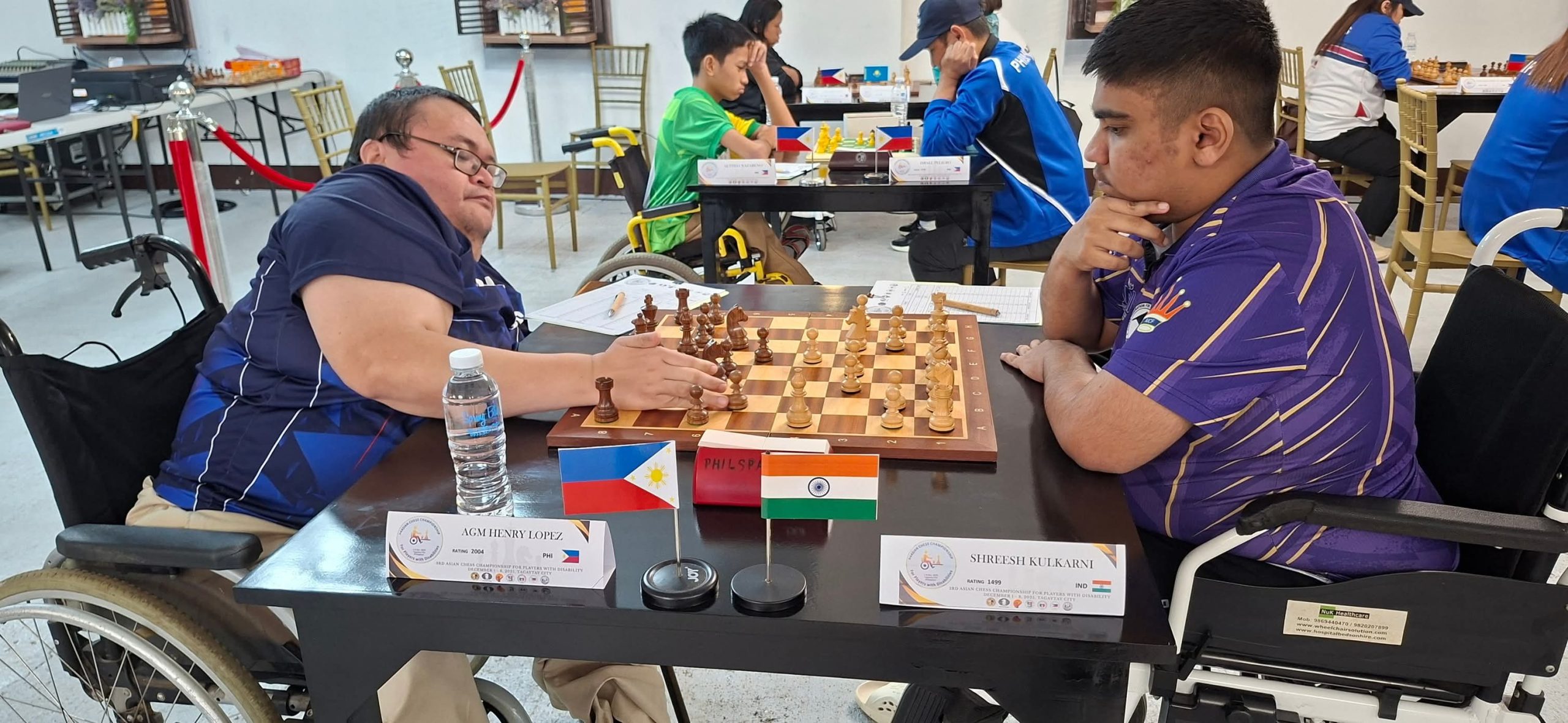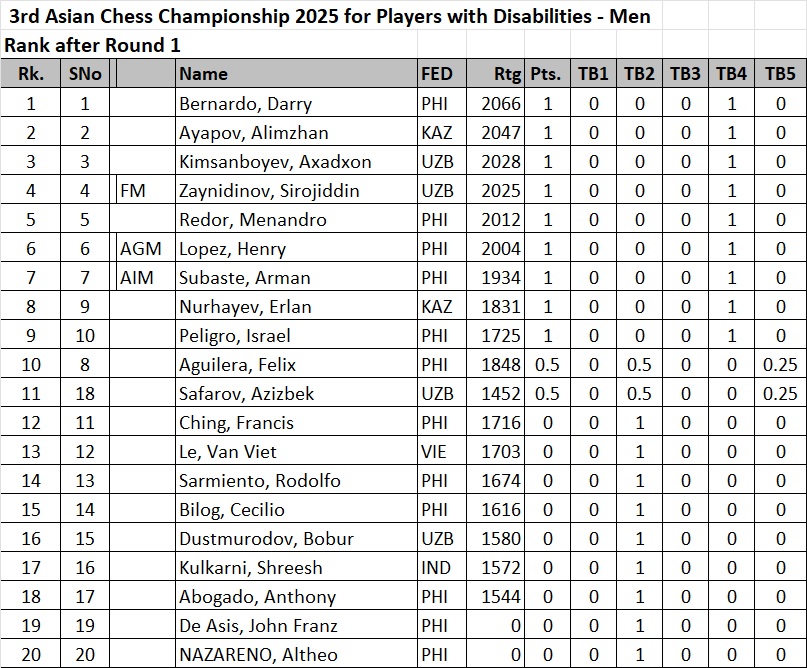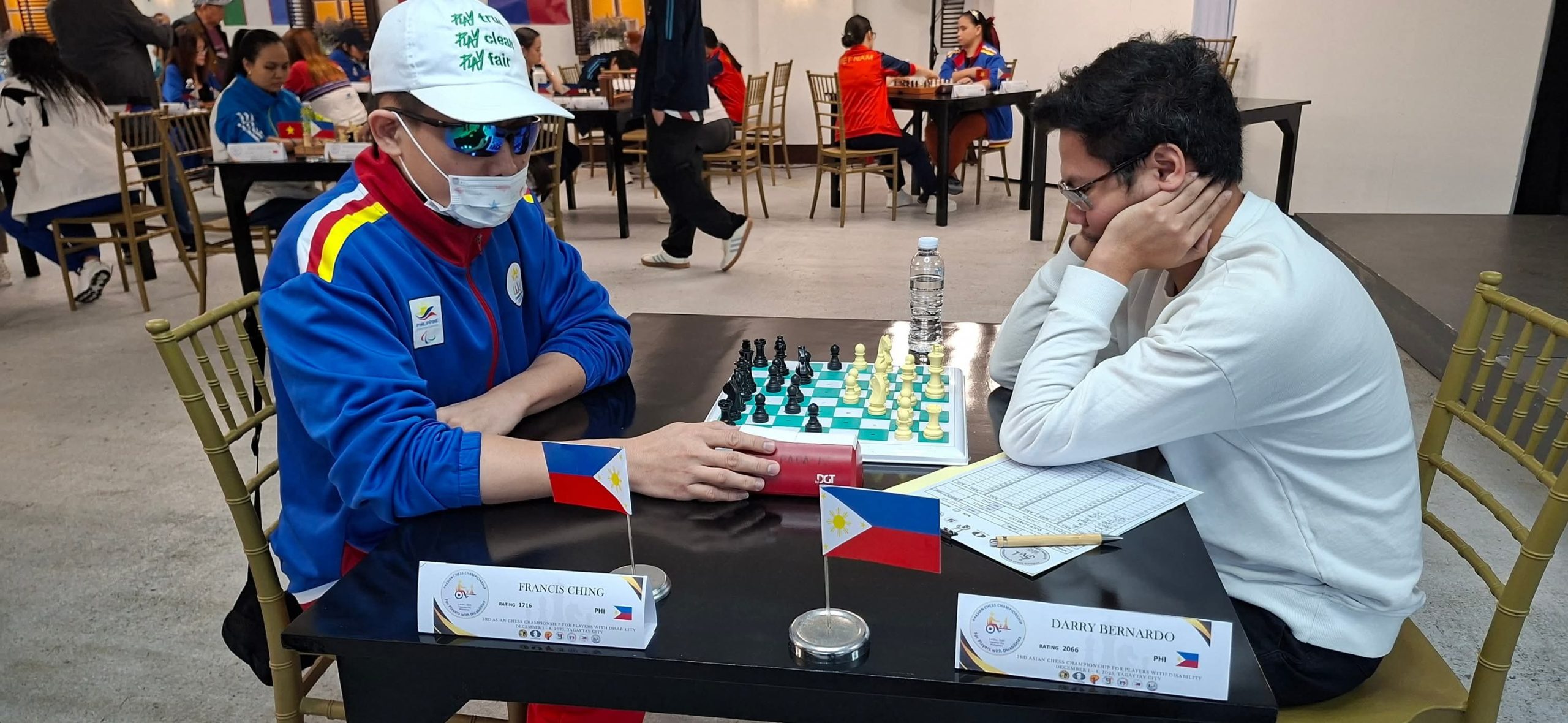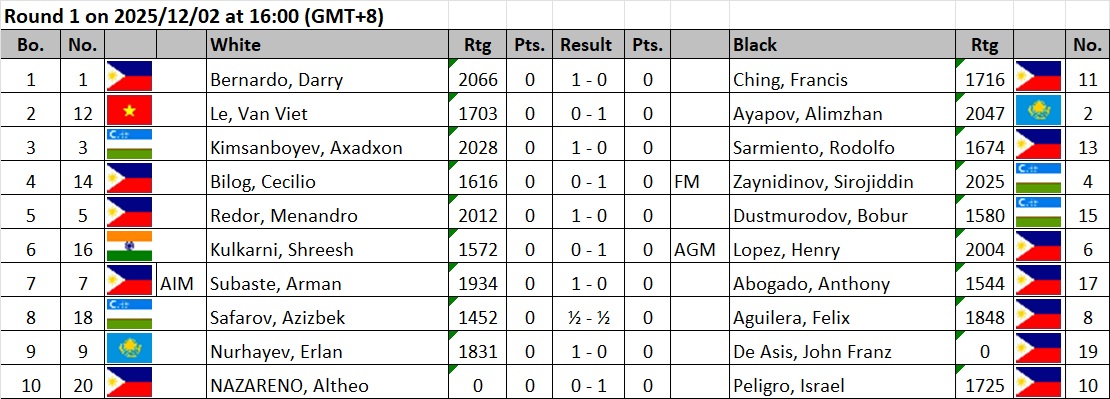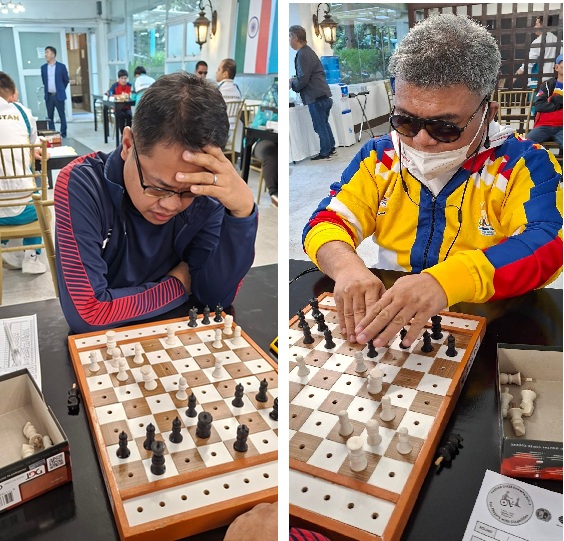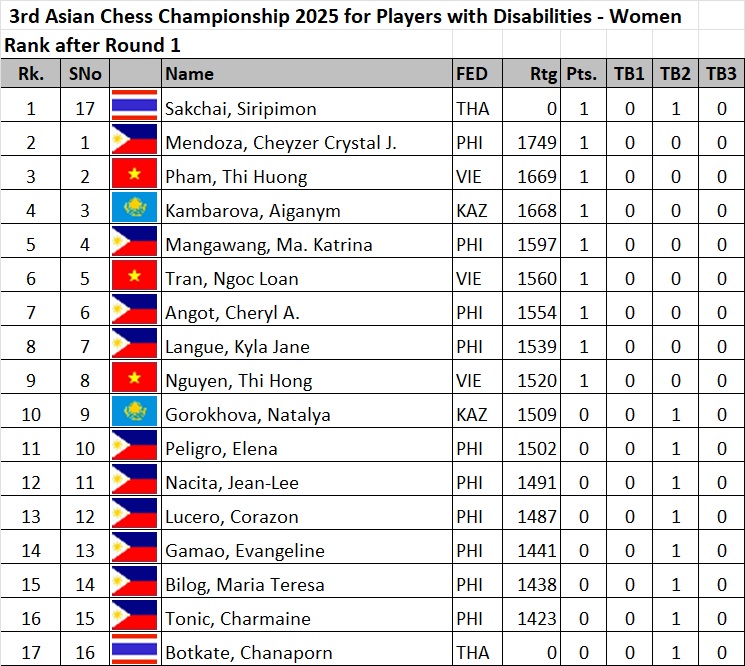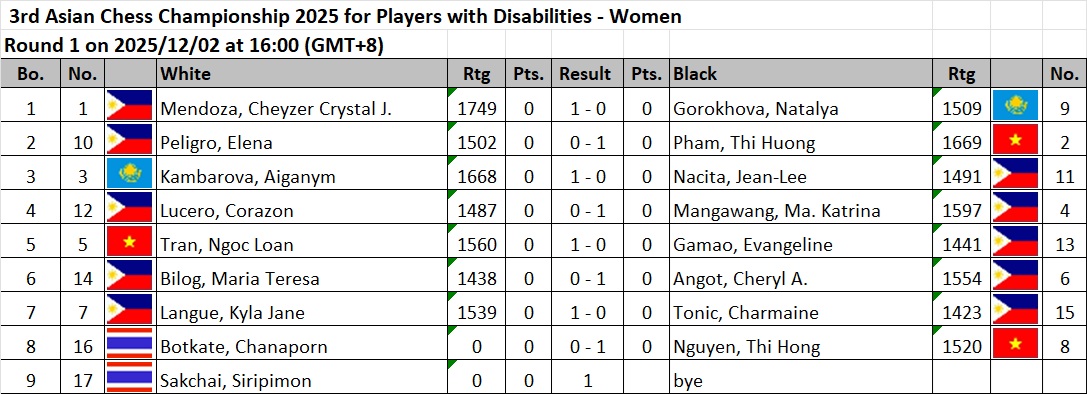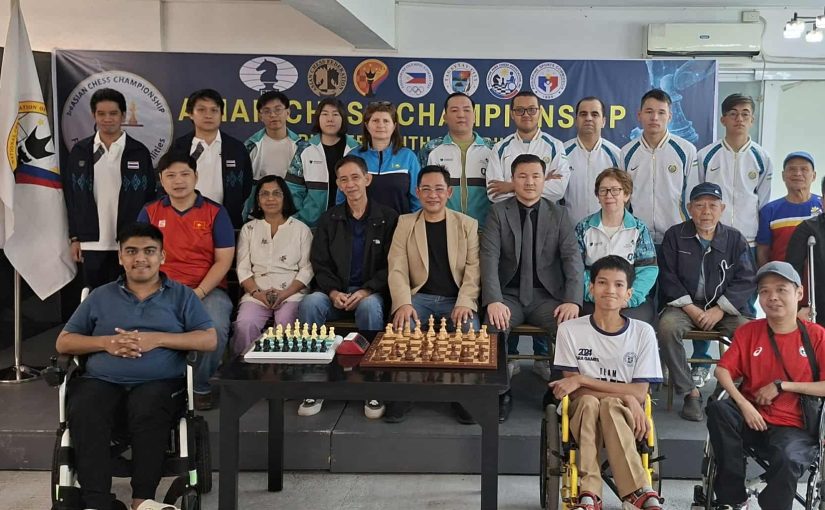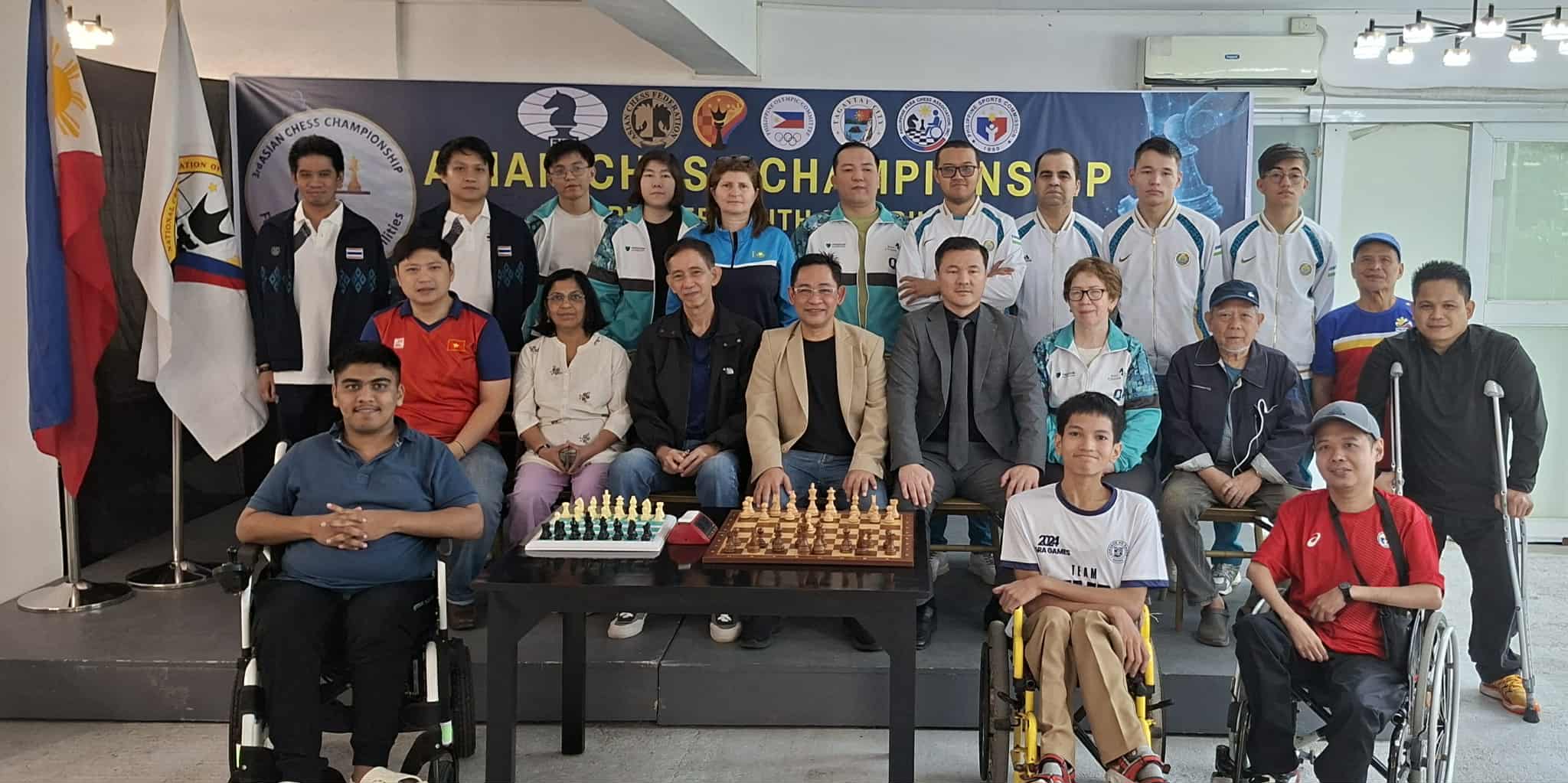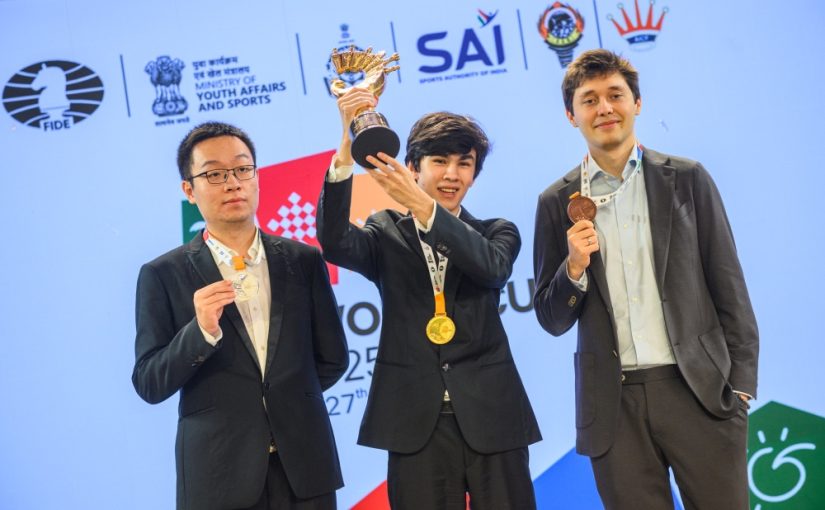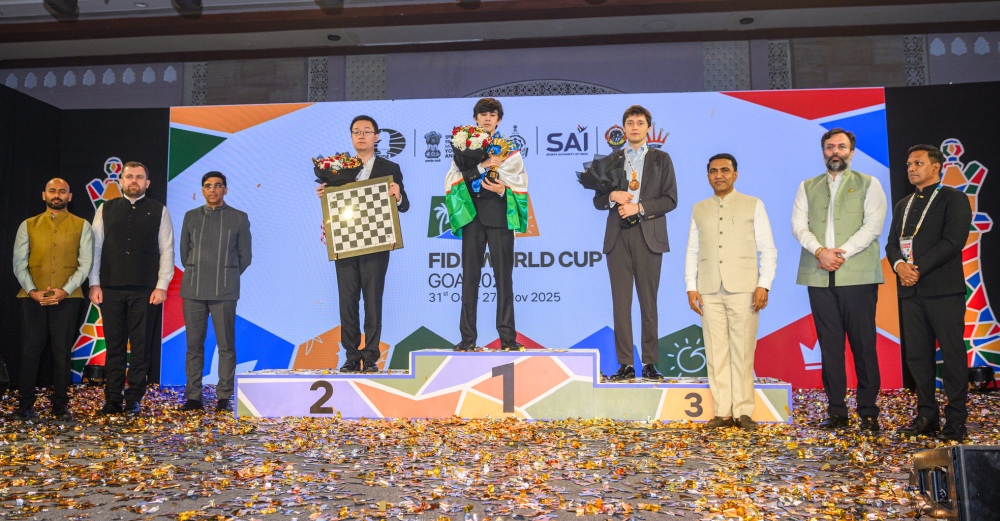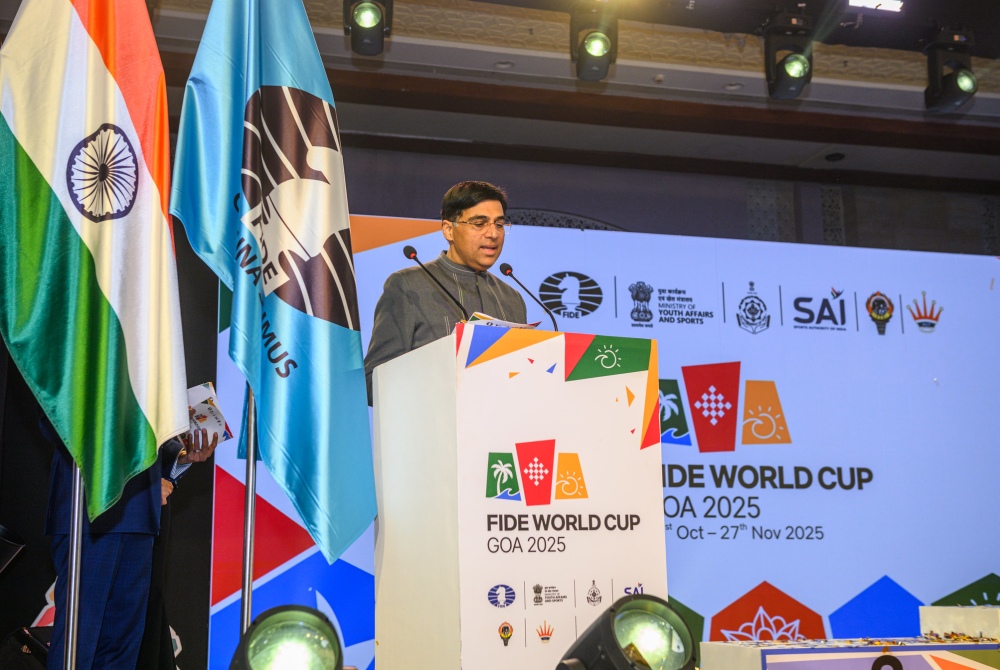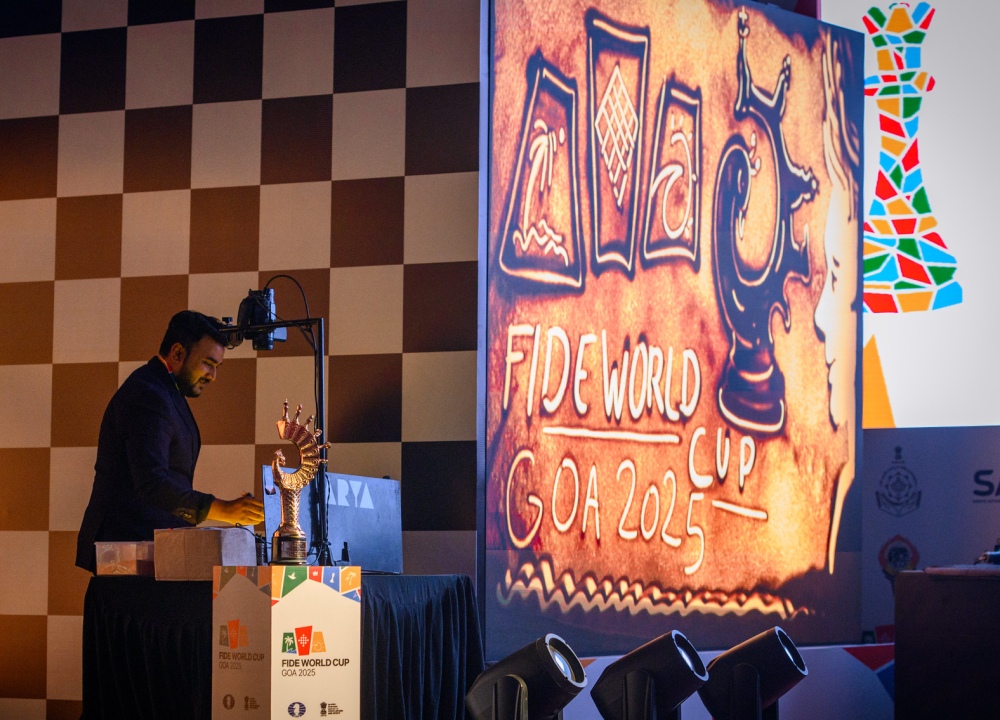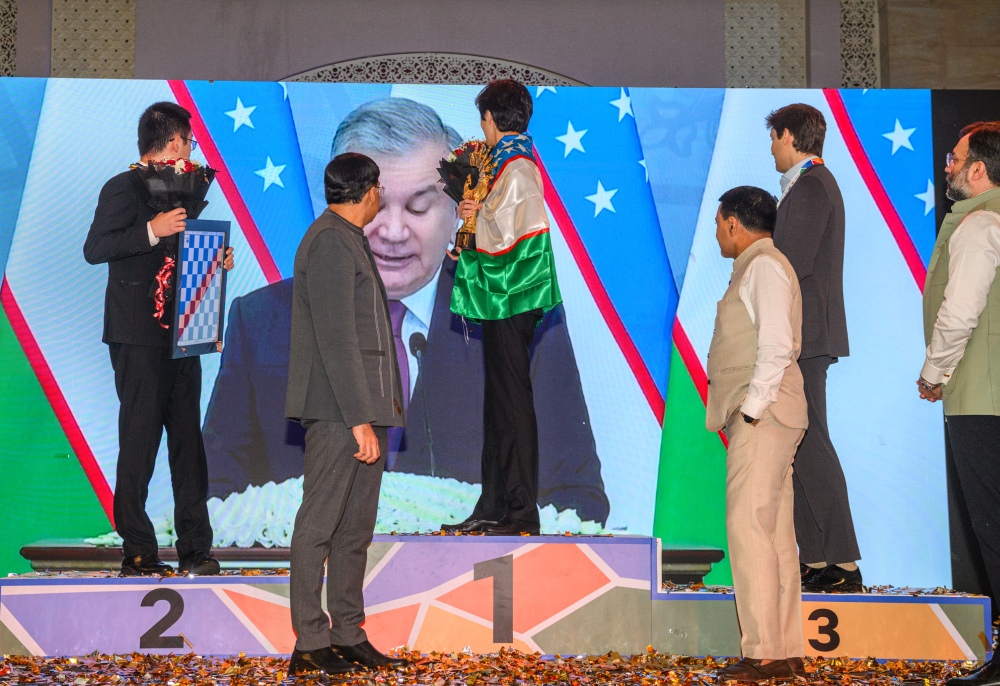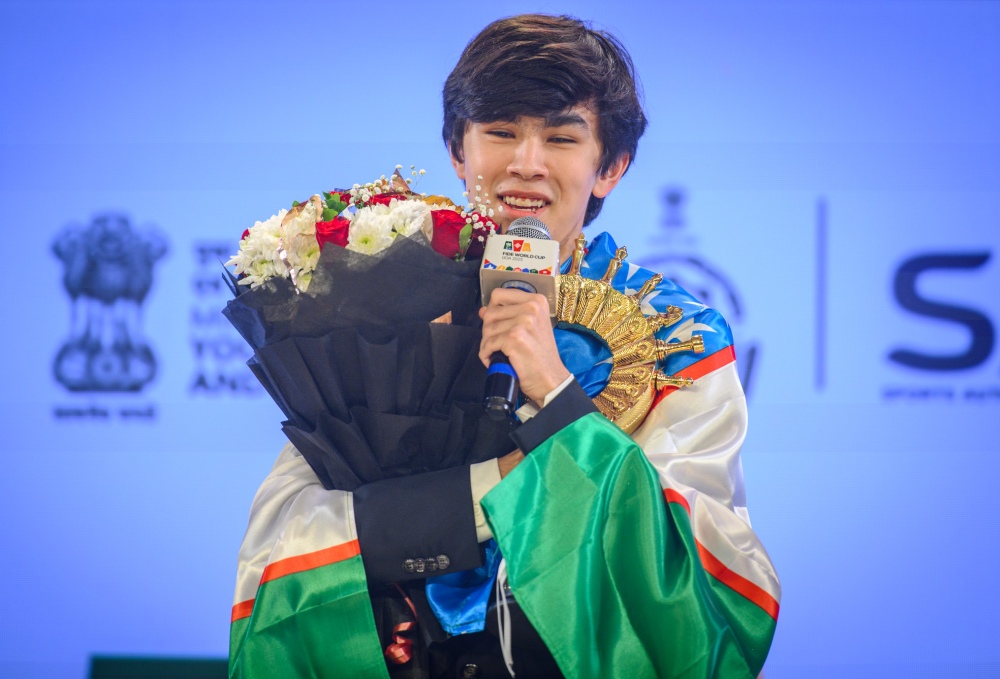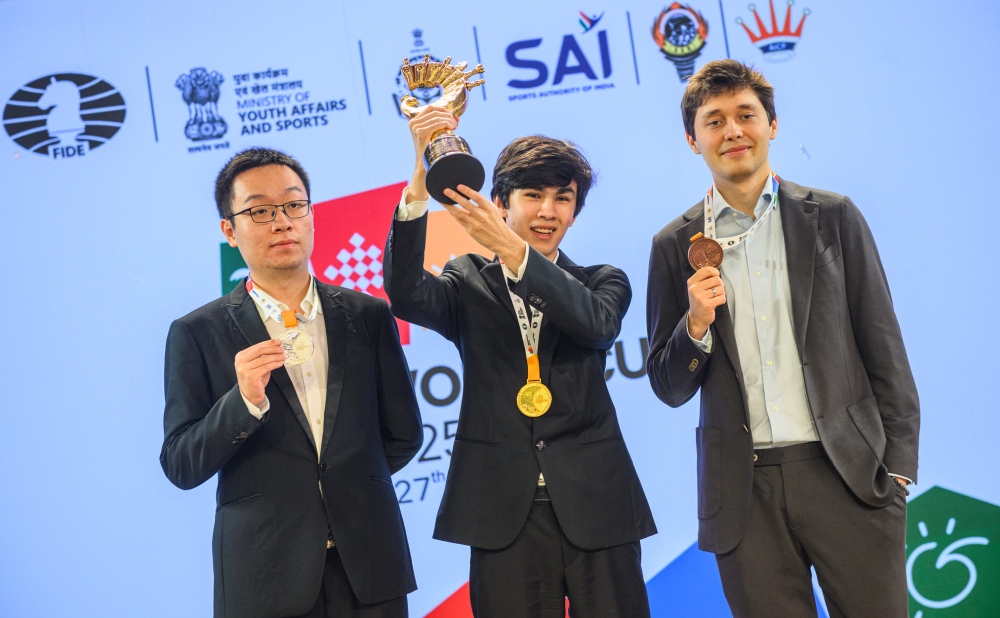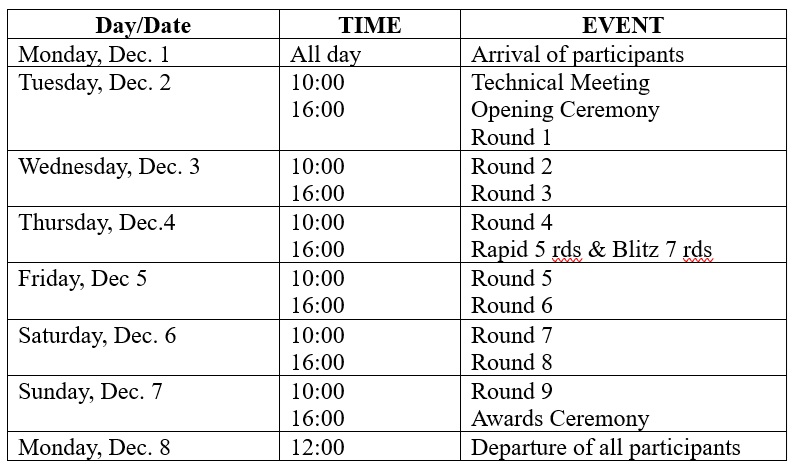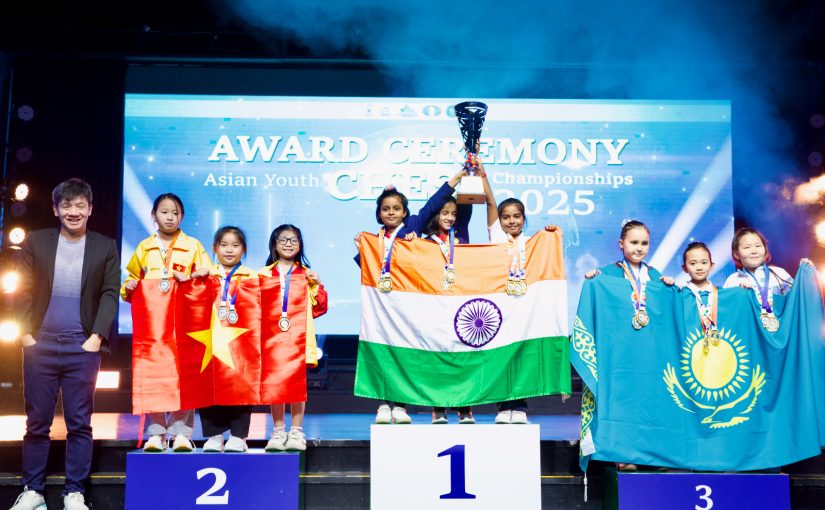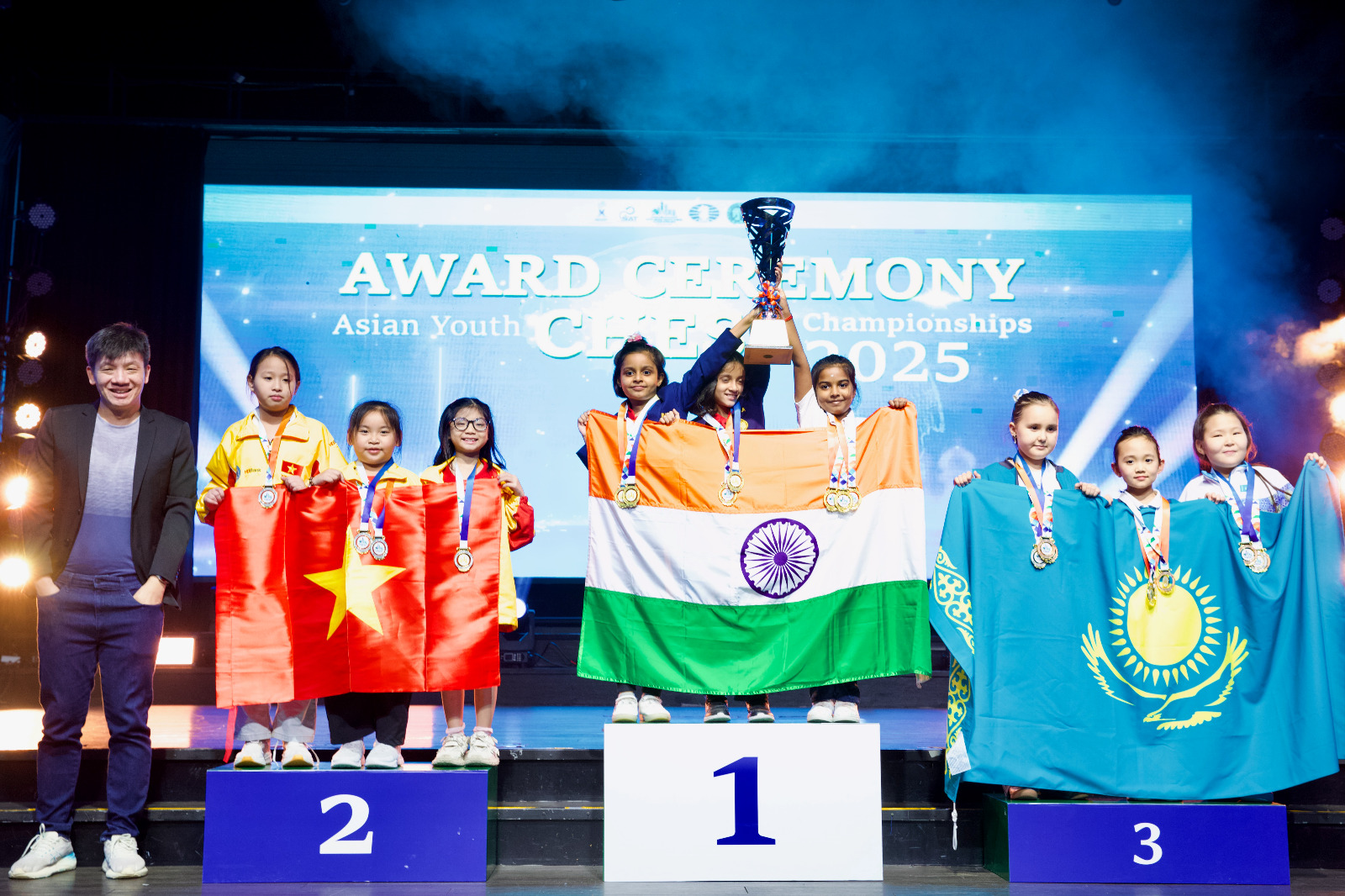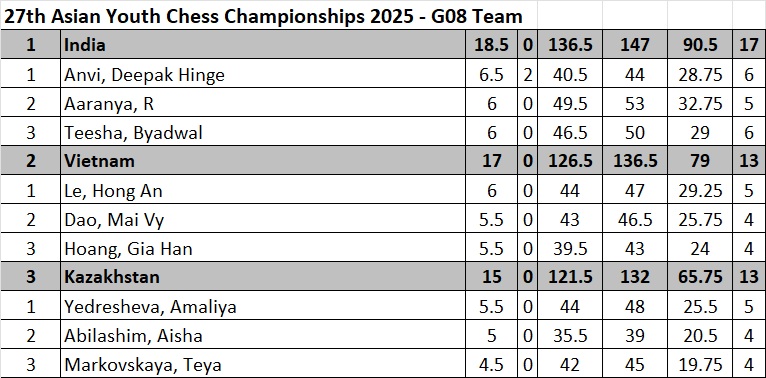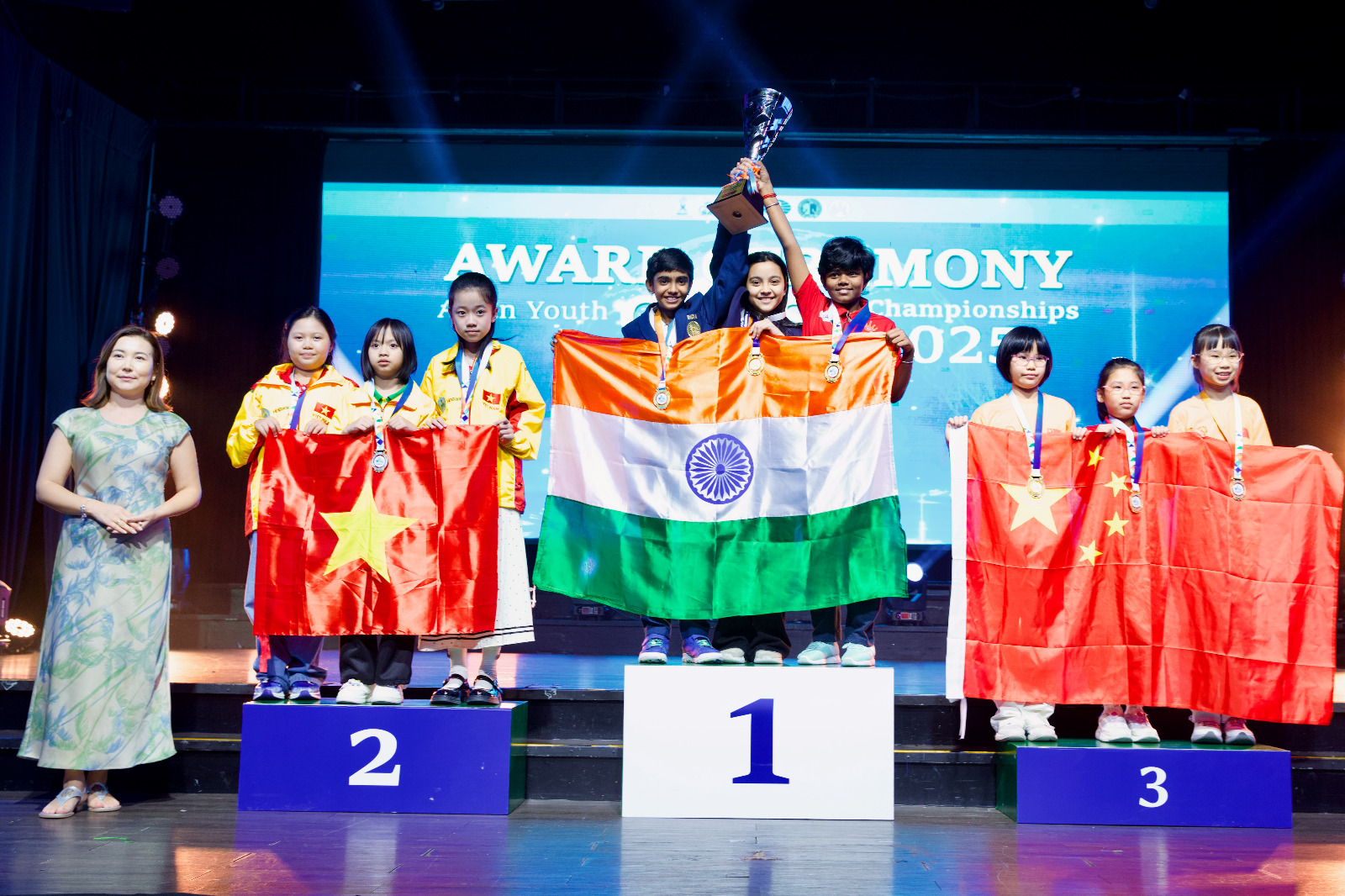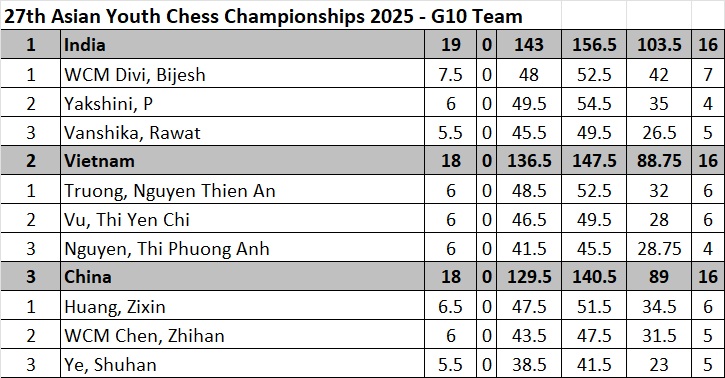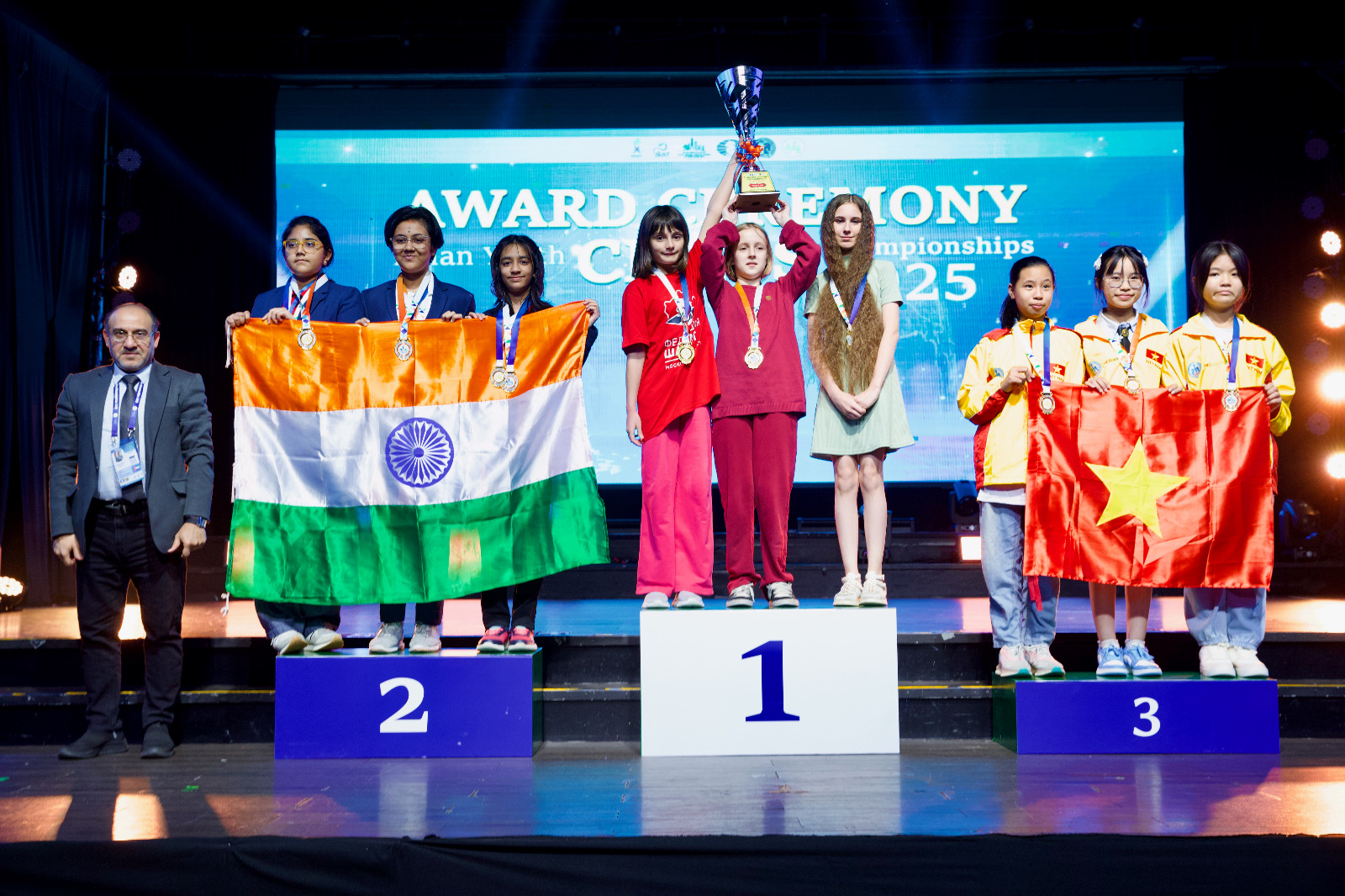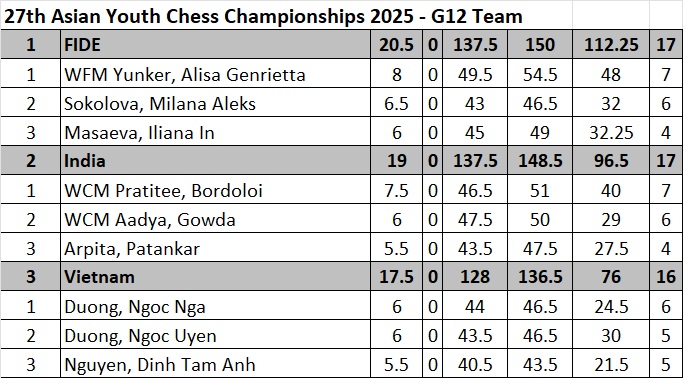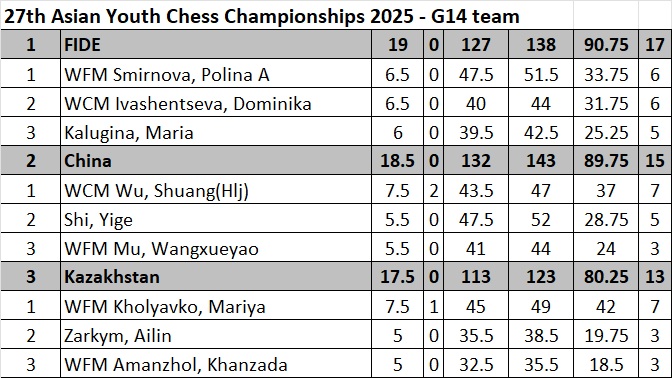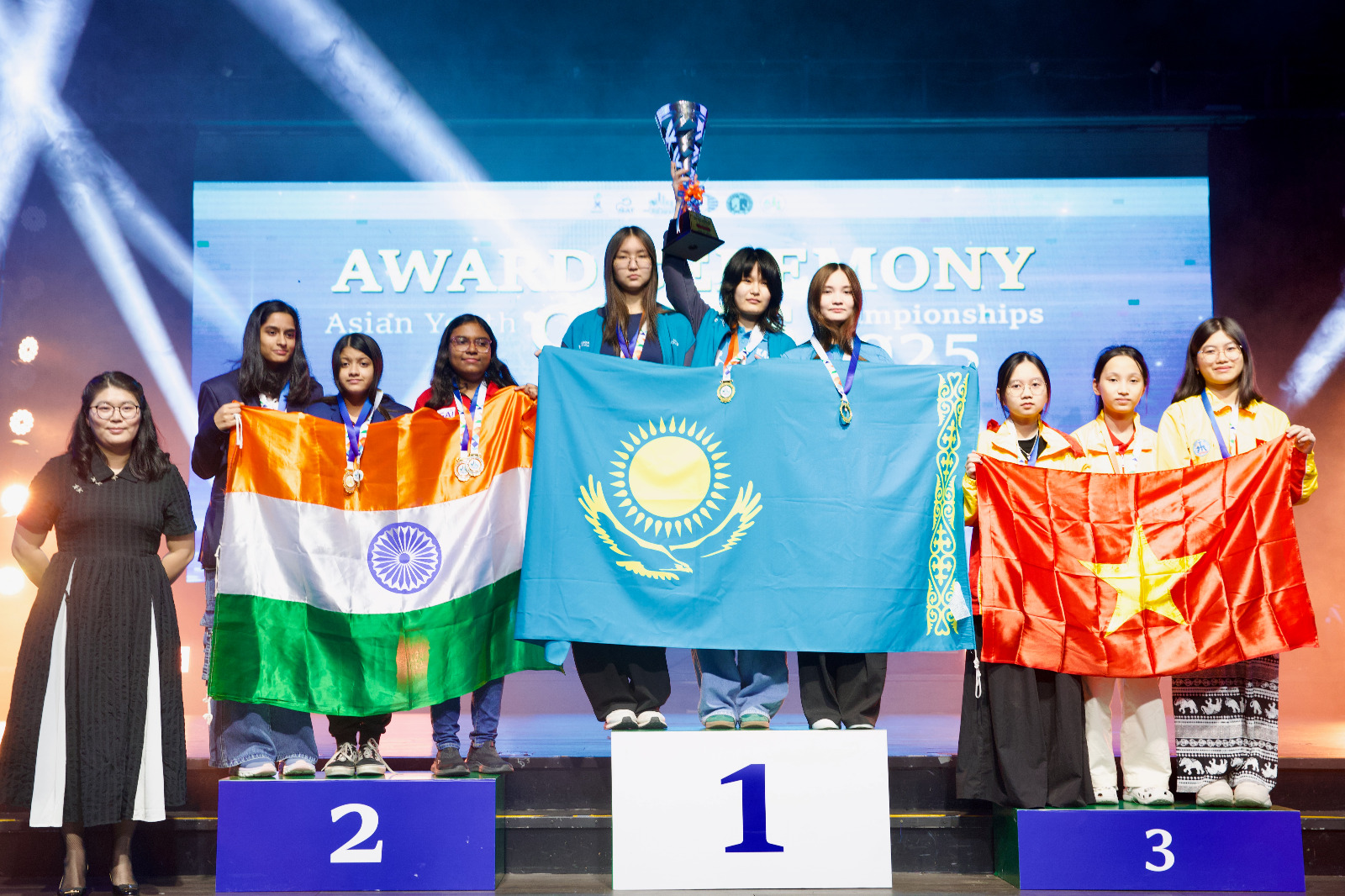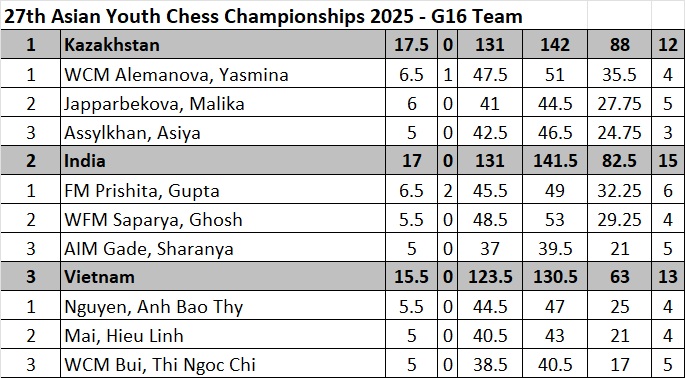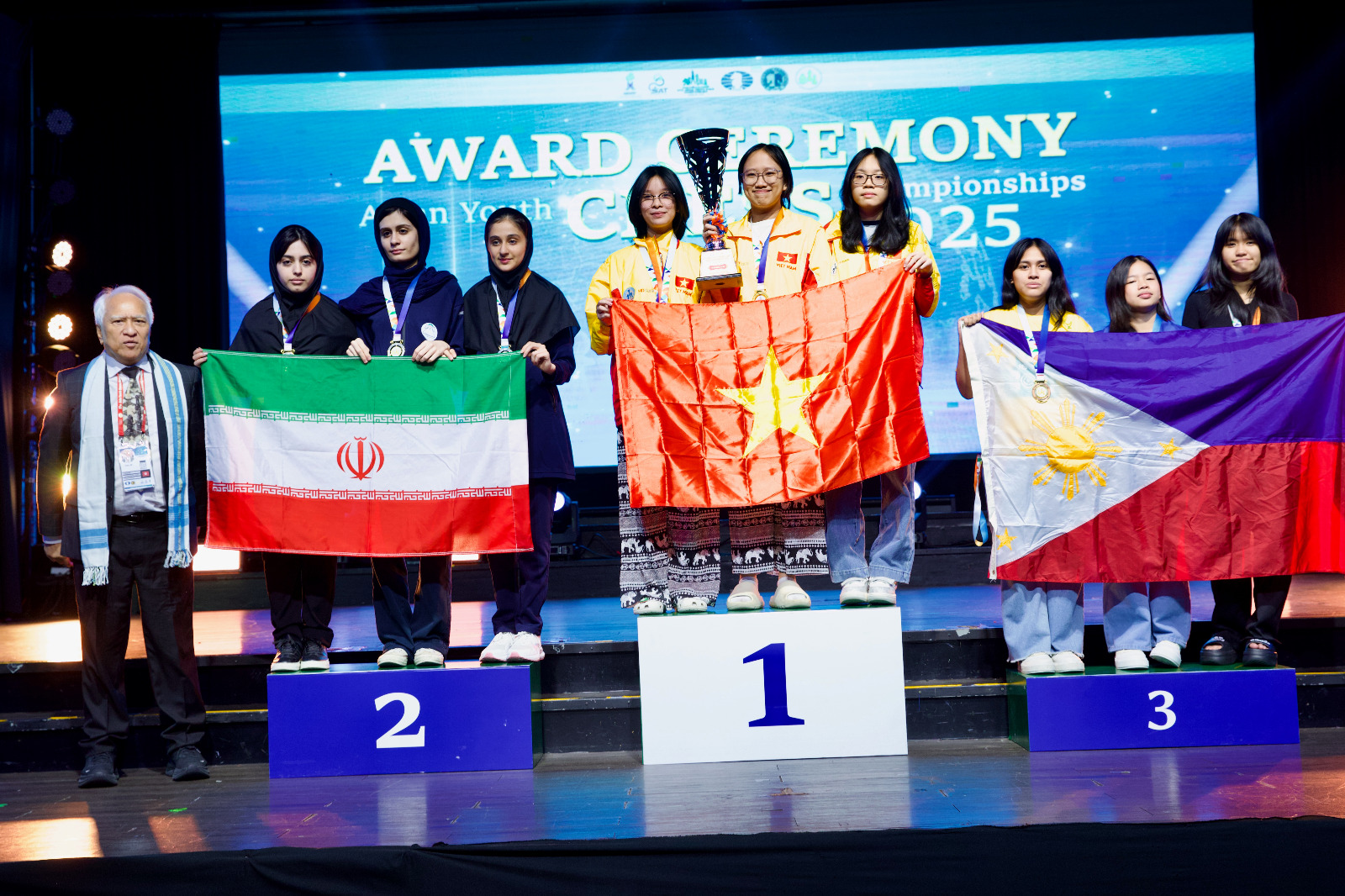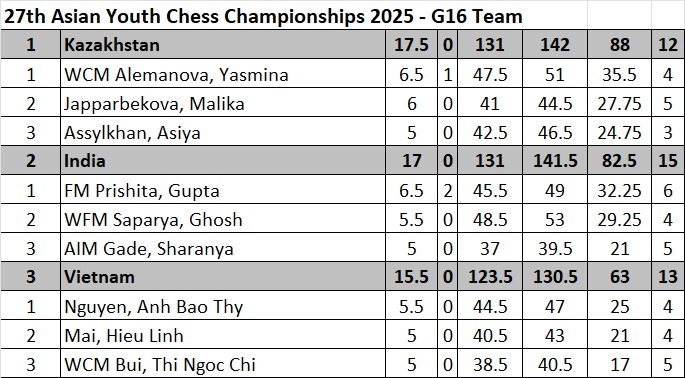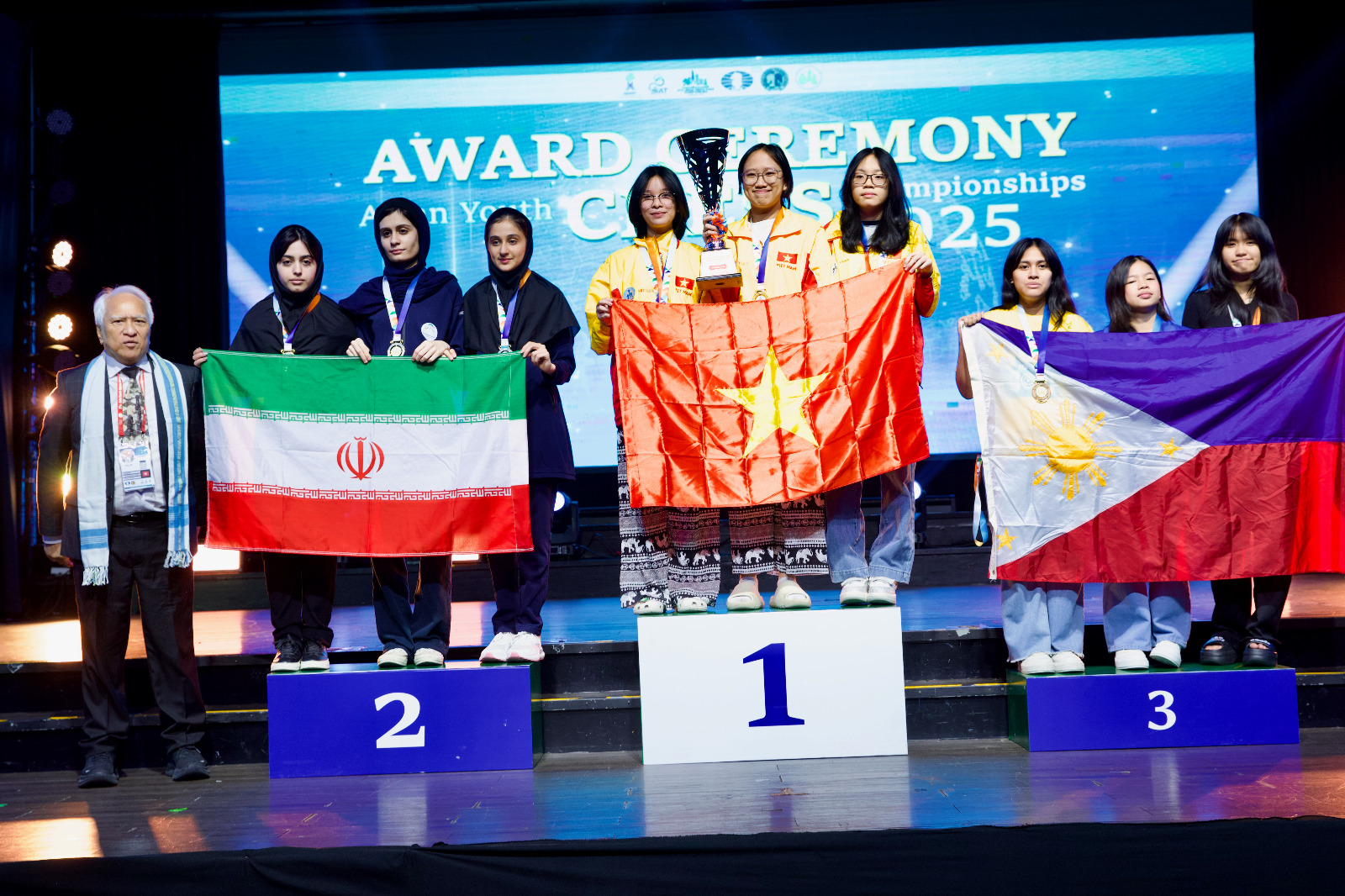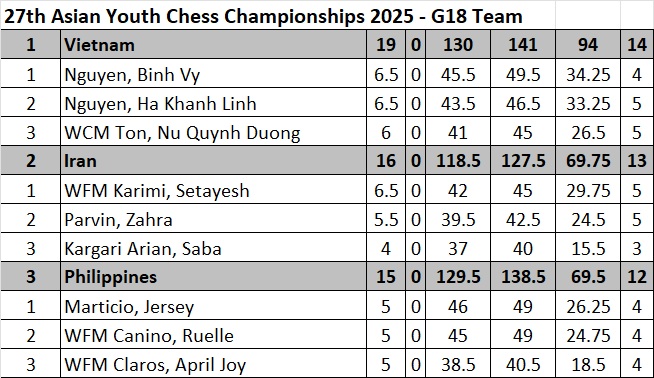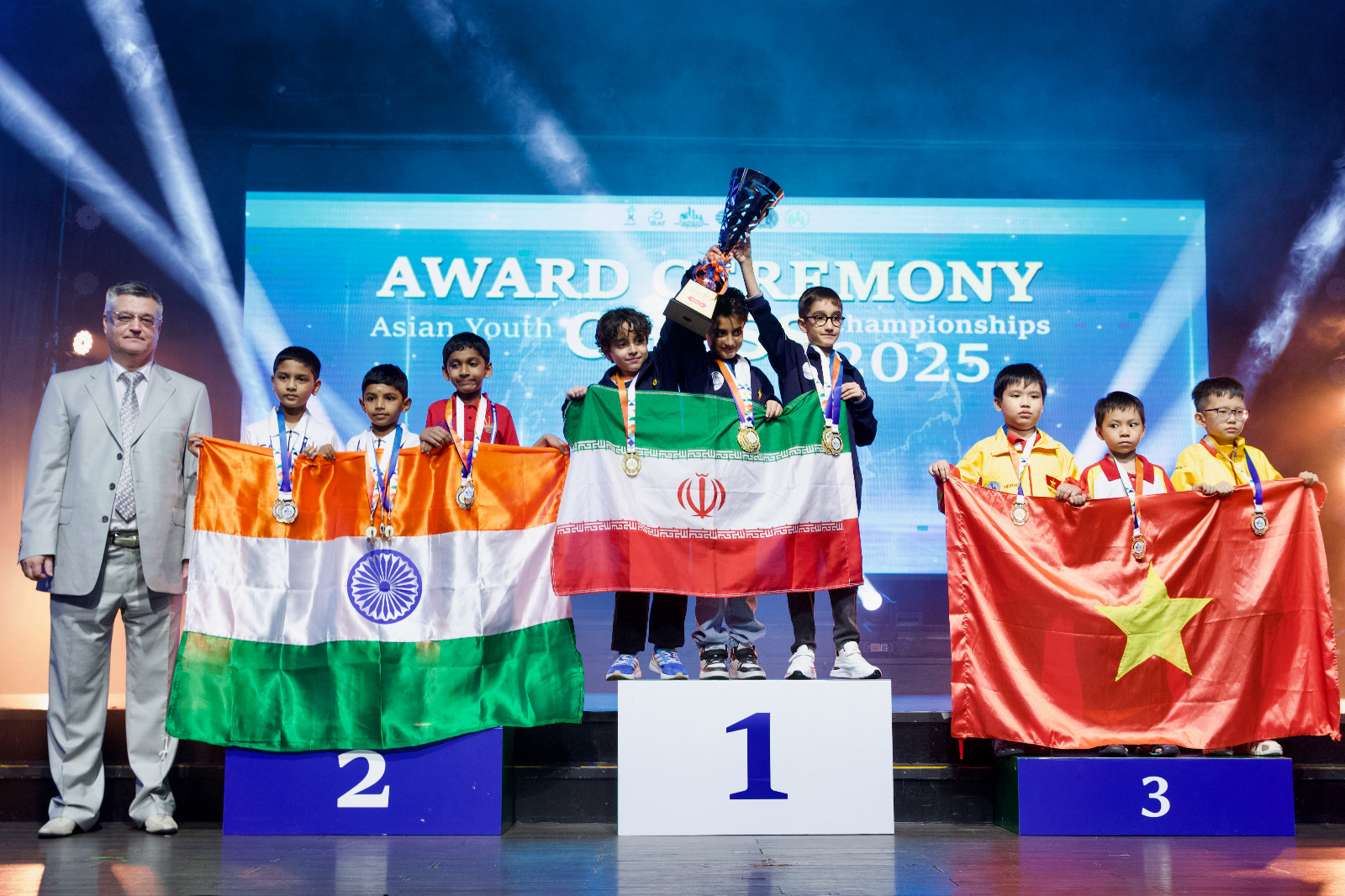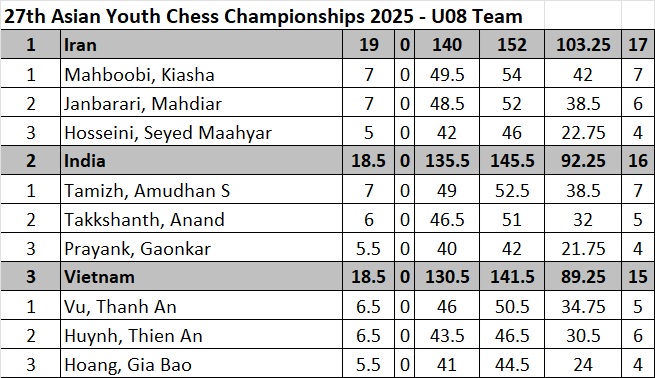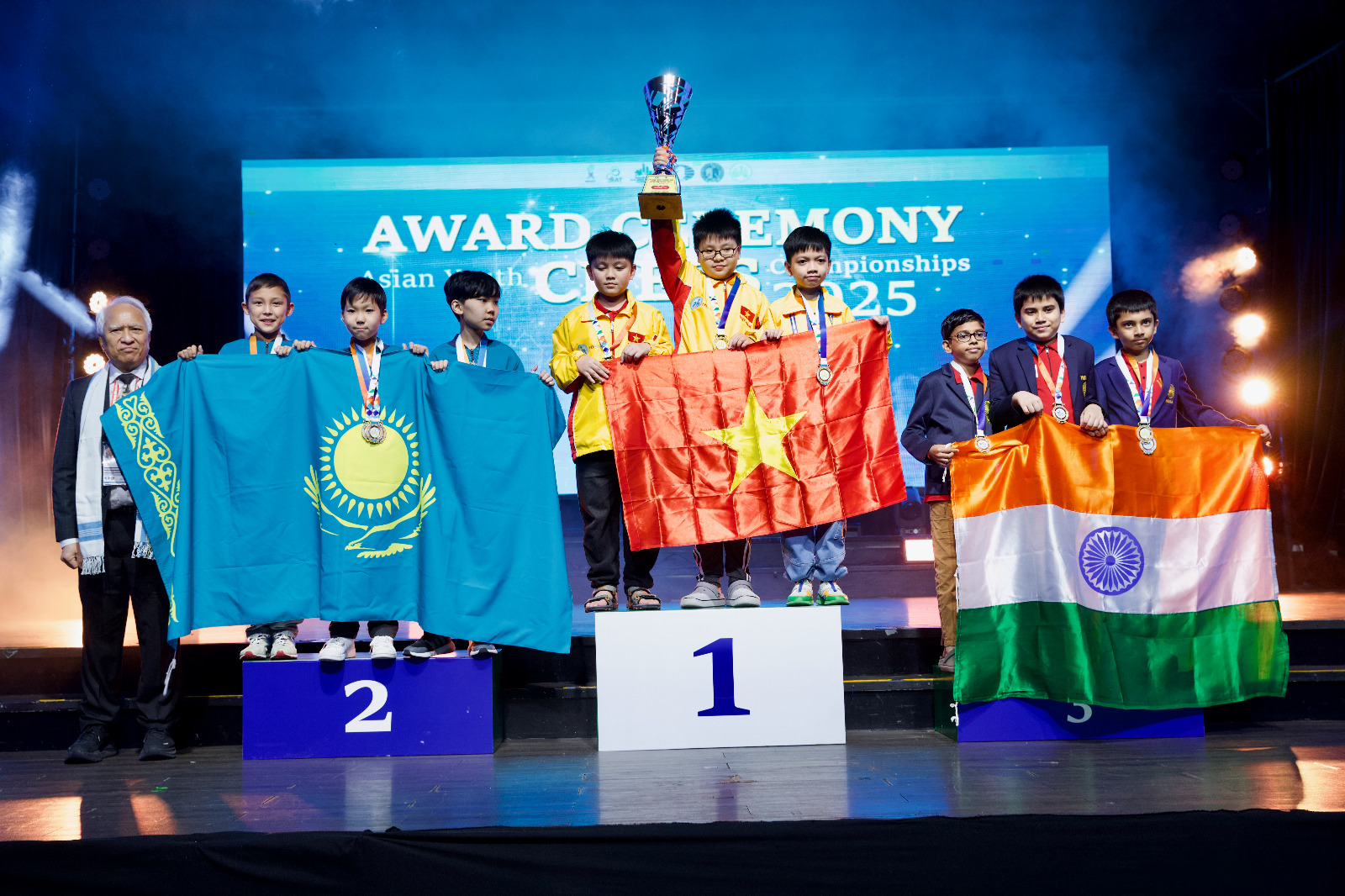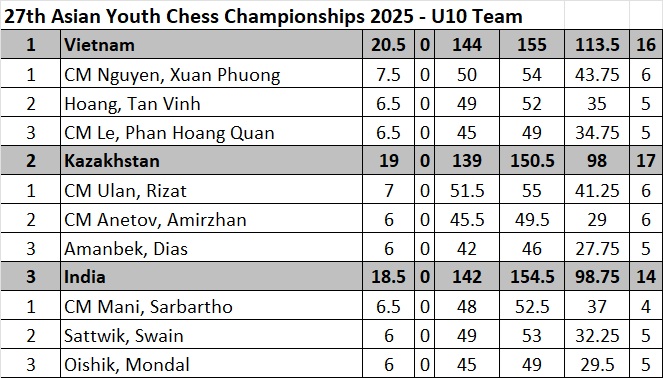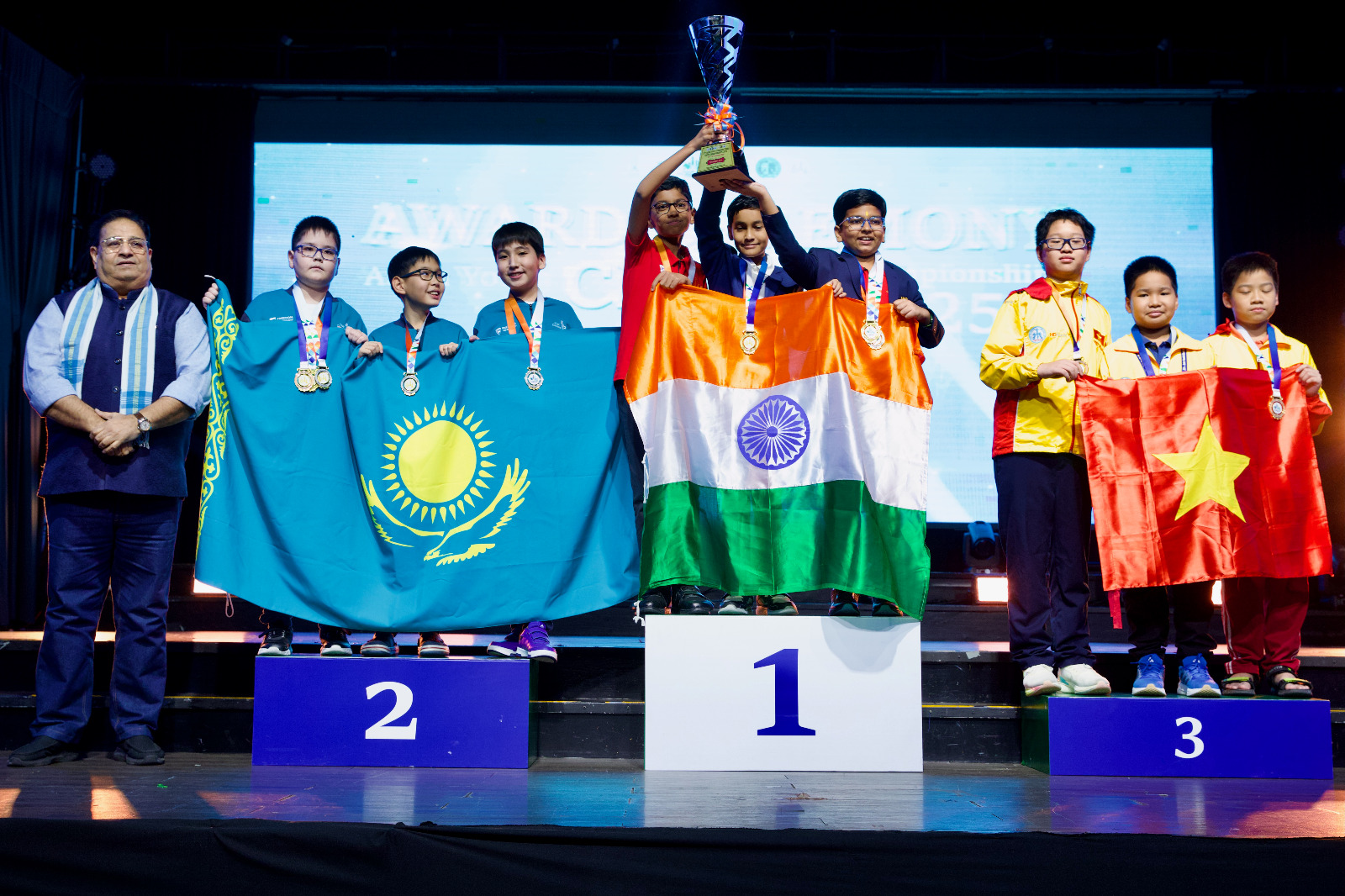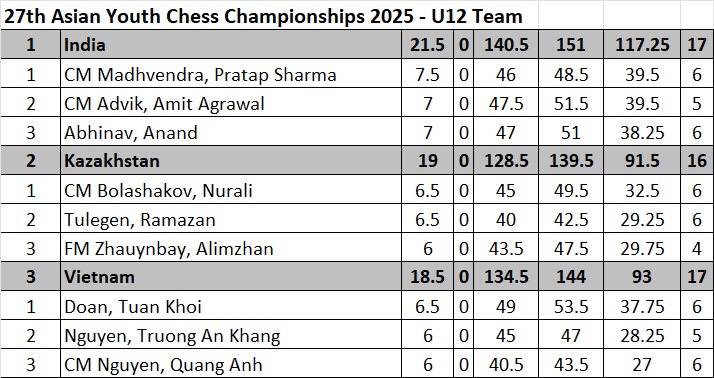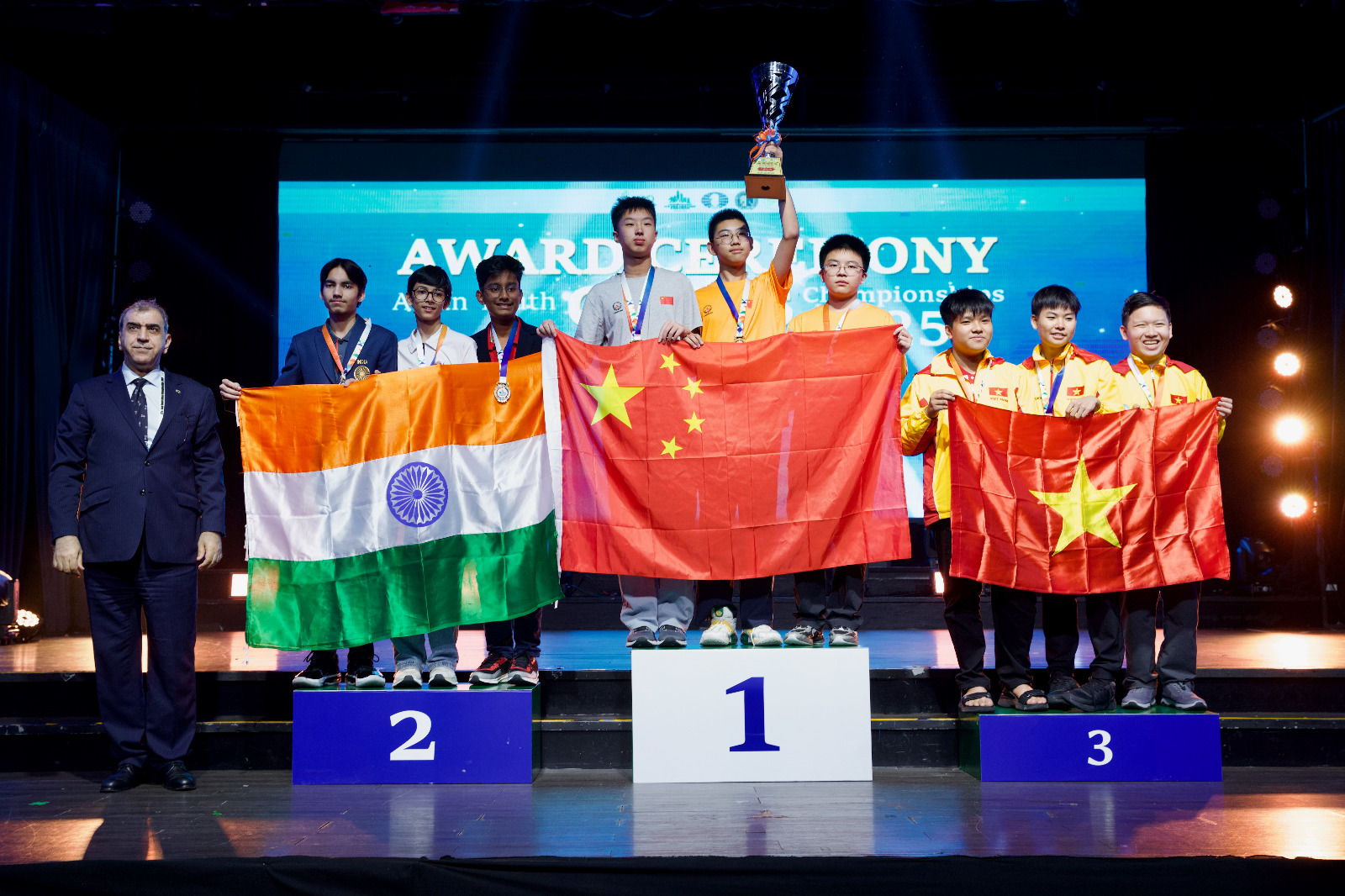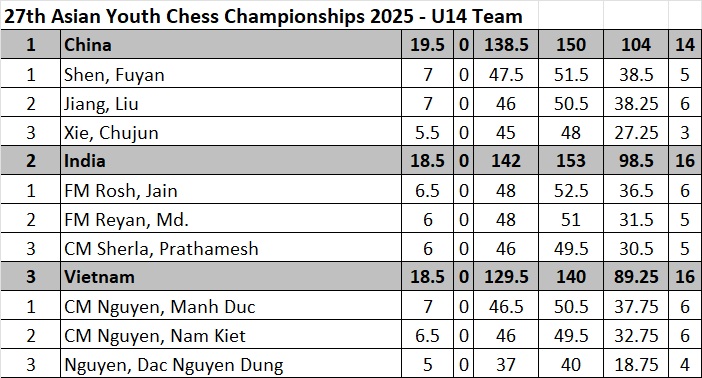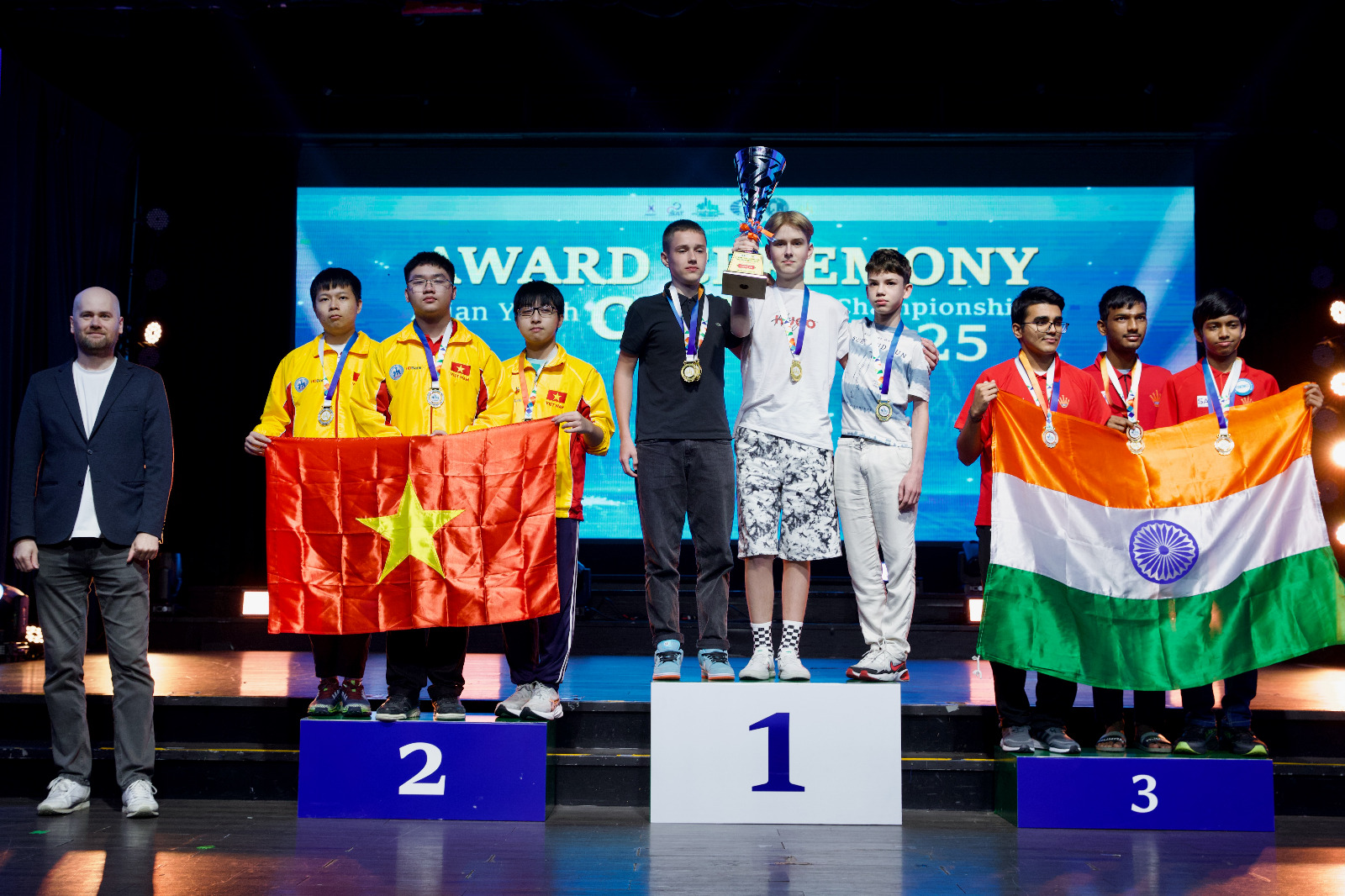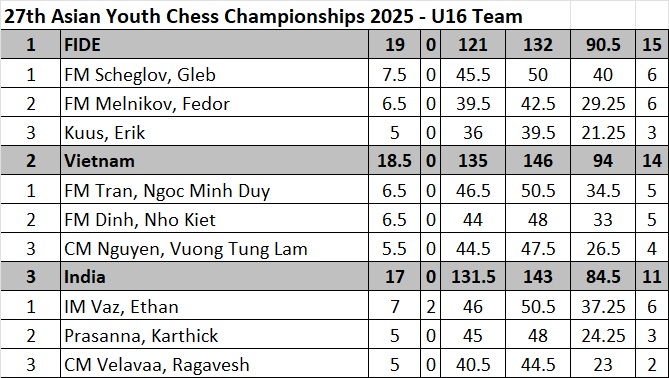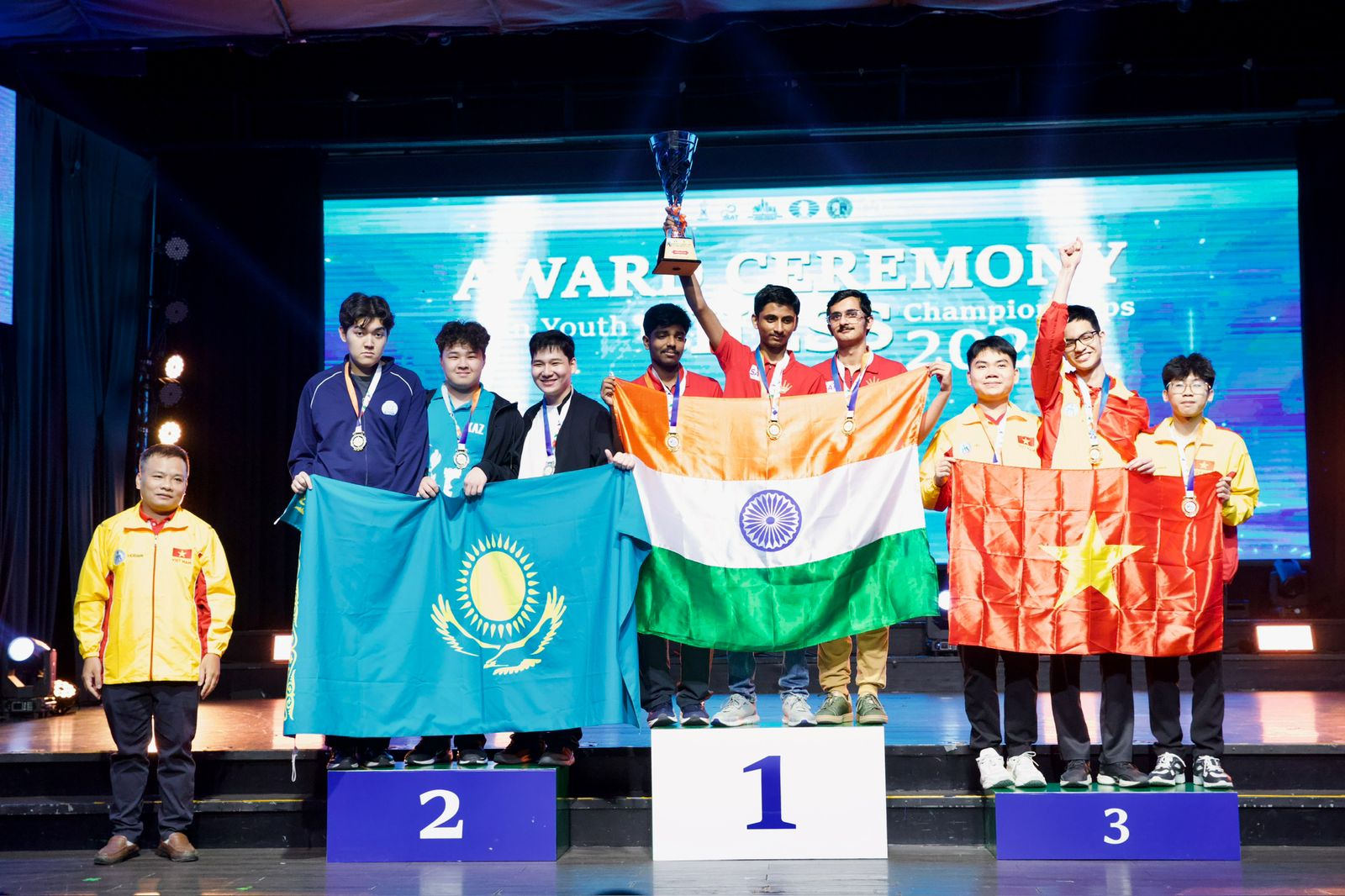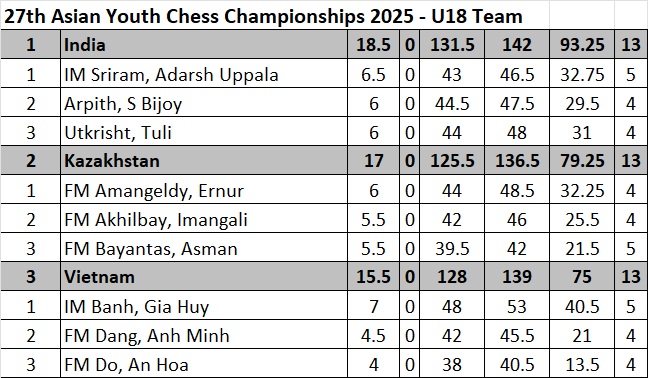The Asian Chess Federation successfully conducted a Swiss Manager Seminar on 18–19 October 2025. The seminar was held online via Zoom Platform, and led by distinguished Lecturers IA Casto Abundo, IA Mehrdad Pahlevanzadeh, and IA Michael Joseph Pagaran.
A total of 68 participants from 26 national chess federations (AFG, BRN, CAN, CHN, EGY, GHA, GUM, IND, IRI, IRQ, JAM, JOR, JPN, KAZ, KEN, KSA, LCA, MAR, MAS, PAK, PHI, PLE, SRI, TJK, UAE, UZB) took part in the two-day program, consisting of:
- 13 International Arbiters
- 25 FIDE Arbiters
- 28 National Arbiters
The first day focused on the introduction and basic functions of the Swiss Manager software, while the second day covered advanced operational features. A total of 58 participants completed the Practical Examination.
All participants received supplementary study materials and were awarded Certificates of Attendance confirming their participation.
Due to the strong interest and high demand among arbiters, the Asian Chess Federation plans to repeat the seminar in the near future.
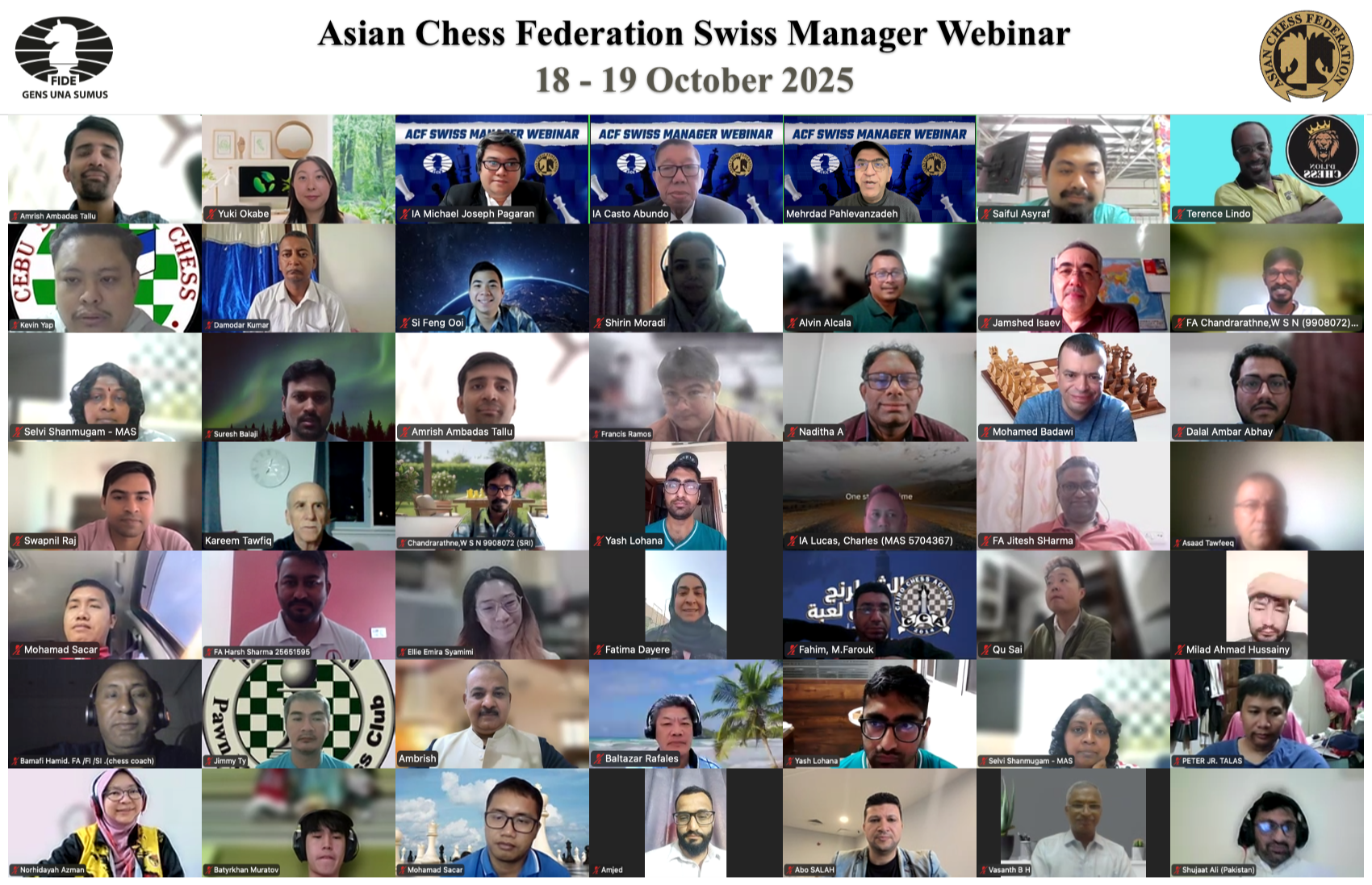
Successful Examinees – Awarded the title of Swiss Manager Expert
| FIDE ID | Name (as on FIDE Profile) | Title | Sex | FED |
| 10609741 | Fahim, M. Farouk | IA | M | EGY |
| 25986244 | Damodar Kumar | FA | M | IND |
| 25006606 | Vasanth, B H | IA | M | IND |
| 39915760 | Venugopalan, Suresh Balaji | FA | M | IND |
| 12520900 | Mojarradi, Masoomeh | IA | F | IRI |
| 5711835 | Ahmad Nazari, Ellie Emira Syamimi | IA | F | MAS |
| 35875356 | Ooi, Si Feng | NA | M | MAS |
| 5785120 | Shanmugam, Selvi | FA | F | MAS |
| 9908072 | Chandrarathne WSN | FA | M | SRI |
| 9902538 | Naditha Amarakoon | FA | M | SRI |
| 8614431 | Li,Shaomeng | FA | F | CHN |
| 8649847 | Liang, Yuyan | NA | F | CHN |
| 8625751 | Qu Sai | FA | M | CHN |
| 8615870 | Wang, Tianyu | FA | M | CHN |
| 35056557 | Aagam Aditya E | IA | M | IND |
| 25956485 | Amrish Ambadas Tallu | FA | M | IND |
| 25651595 | Harsh Sharma | FA | M | IND |
| 88154483 | Jitesh Sharma | FA | M | IND |
| 25017225 | Joshi, Ambrish C | IA | M | IND |
| 25932900 | Lohana Yash | FA | M | IND |
| 5069904 | Swapnil, Raj | FA | M | IND |
| 12541893 | Moradi, Shirin | IA | F | IRI |
| 7400799 | Jonathan Pitterson | NA | M | JAM |
| 8100420 | Malkawi, Fadi | M | JOR | |
| 7001983 | Abe, Yuta | FA | M | JPN |
| 7004354 | Okabe, Yuki | FA | F | JPN |
| 13712667 | Muratov, Batyrkhan | NA | M | KAZ |
| 7400942 | Terence Lindo | NA | M | LCA |
| 5730520 | Ahmad, Muhd Saiful Asyraf | FA | M | MAS |
| 5736625 | Azman, Norhidayah | NA | F | MAS |
| 5704367 | Lucas Charles | IA | M | MAS |
| 7807678 | Shujaat Ali | NA | M | PAK |
| 5218020 | Alcala, Alvin | FA | M | PHI |
| 5264502 | Yap, Kevin | NA | M | PHI |
| 9311769 | Alnuaimi, Ahmed M. | IA | M | UAE |
| 11502118 | Miswadah, Baha | NA | M | PLE |
| 14700050 | Isaev Jamshed | NA | M | TJK |
| 14701200 | Vatanov, Jamshed | NA | M | TJK |
| 7412126 | Anderson, Natoya | NA | F | CAN |
| 31002102 | Kim, Yoon Ho | FA | M | GUM |
| 4802349 | Amjed Alaa Abbas | NA | M | IRQ |
| 10822950 | Wandina, Wambugu | FA | M | KEN |
| 5223660 | Rafales, Baltazar | NA | M | PHI |
| 10628118 | Serageldin, Moheb | FA | M | EGY |
| 4804902 | Asaad, Ismael Tawfeeq | IA | M | IRQ |
| 5228514 | Ramos, Francis | FA | M | PHI |
| 5207568 | Ty, Jimmy Jr. | NA | M | PHI |




